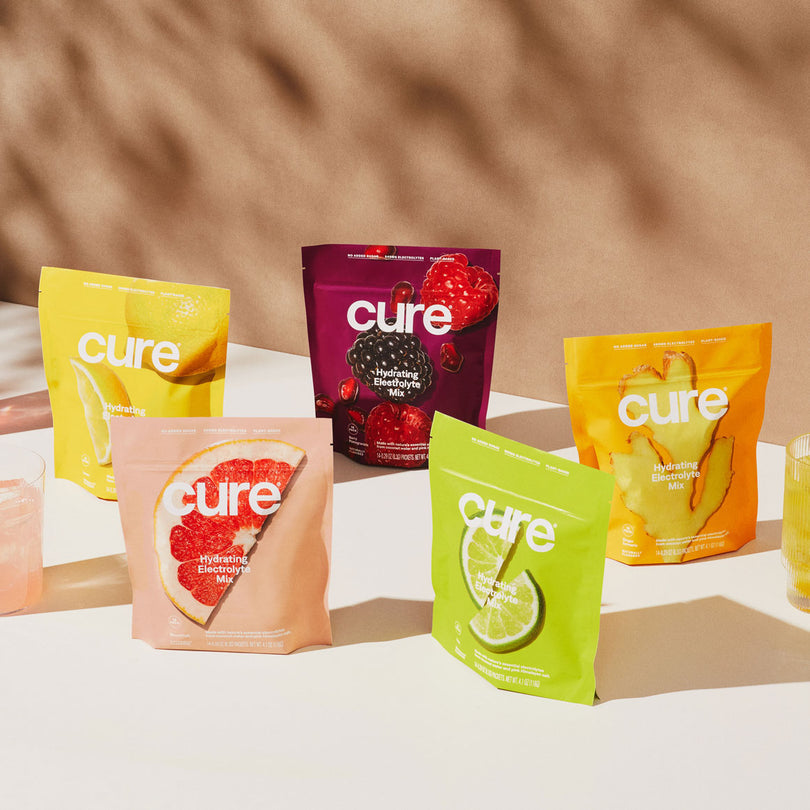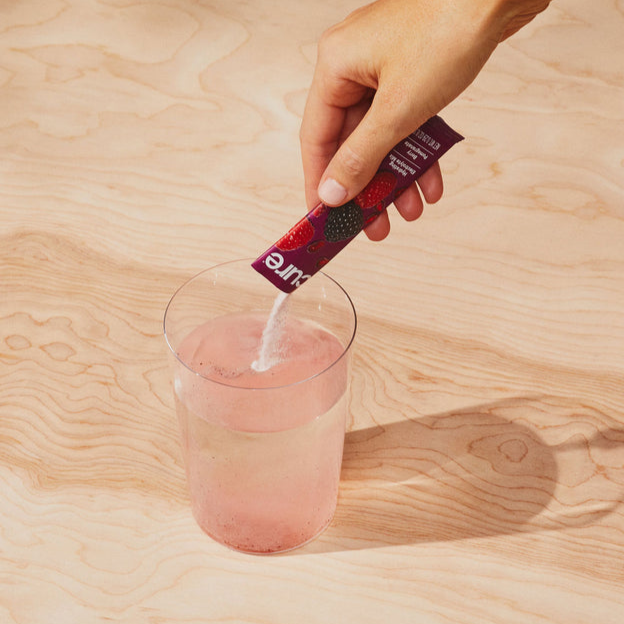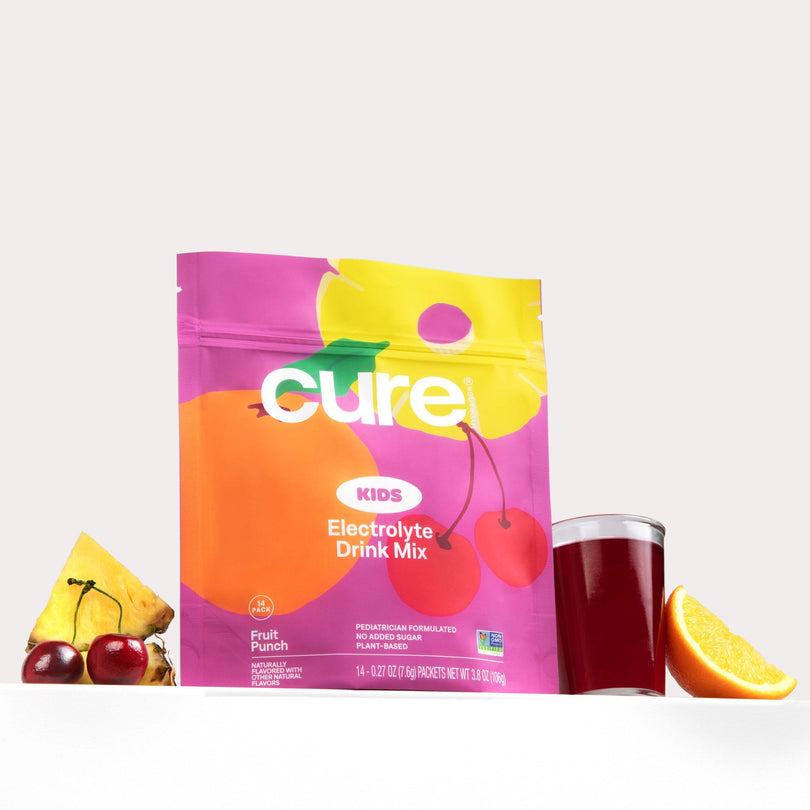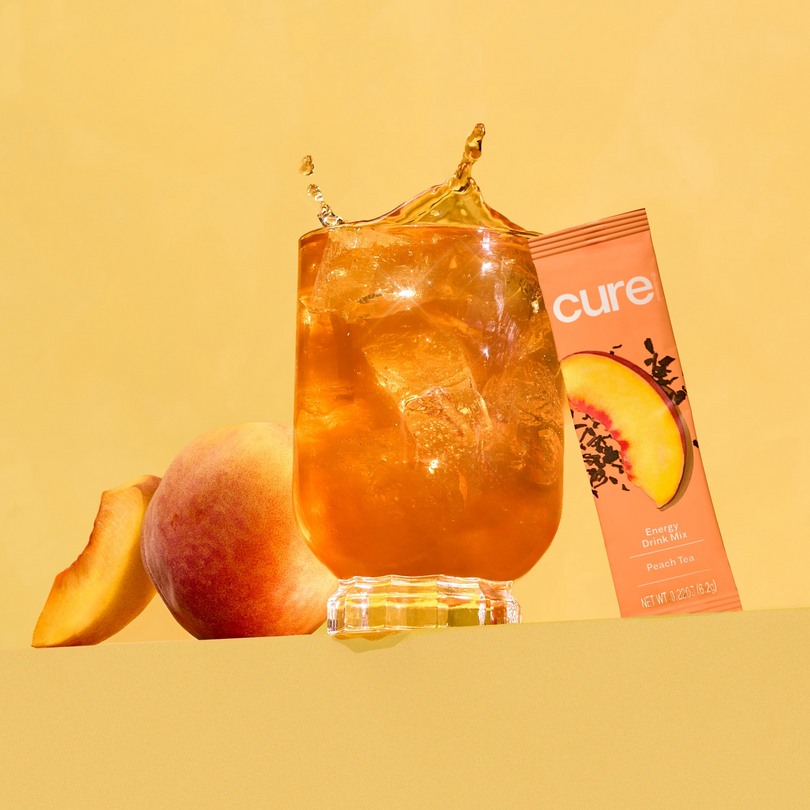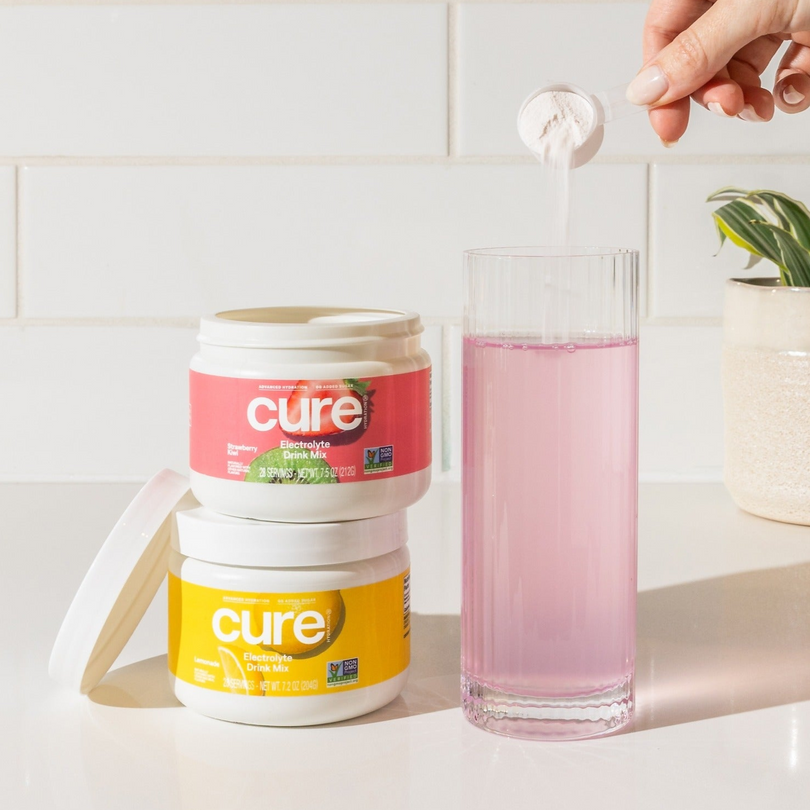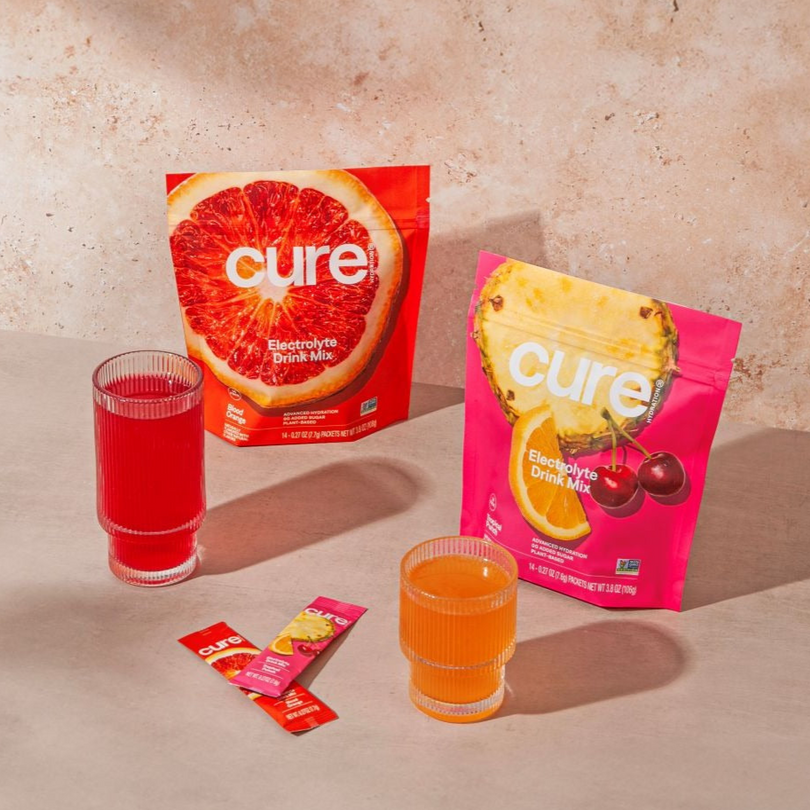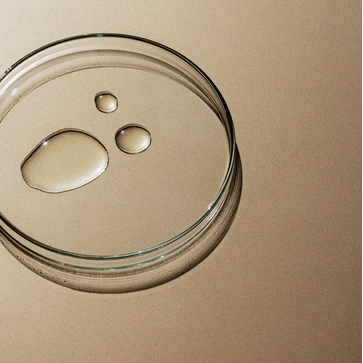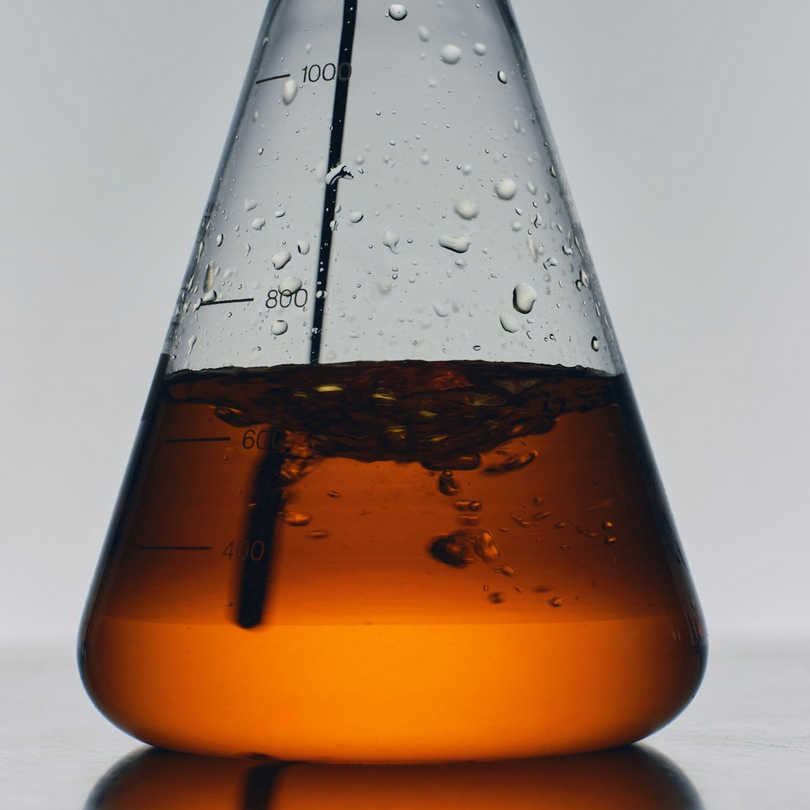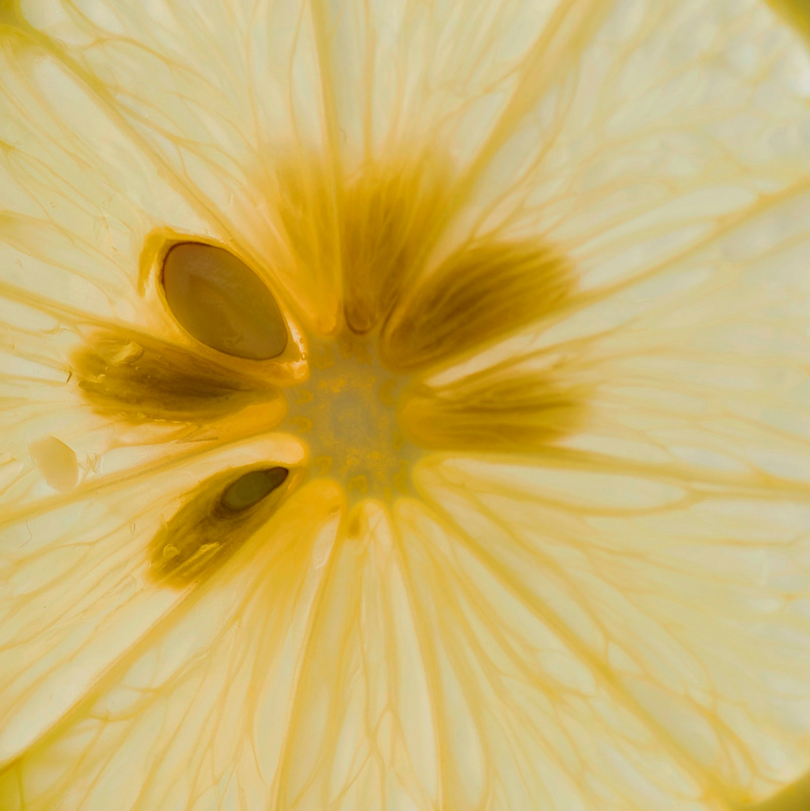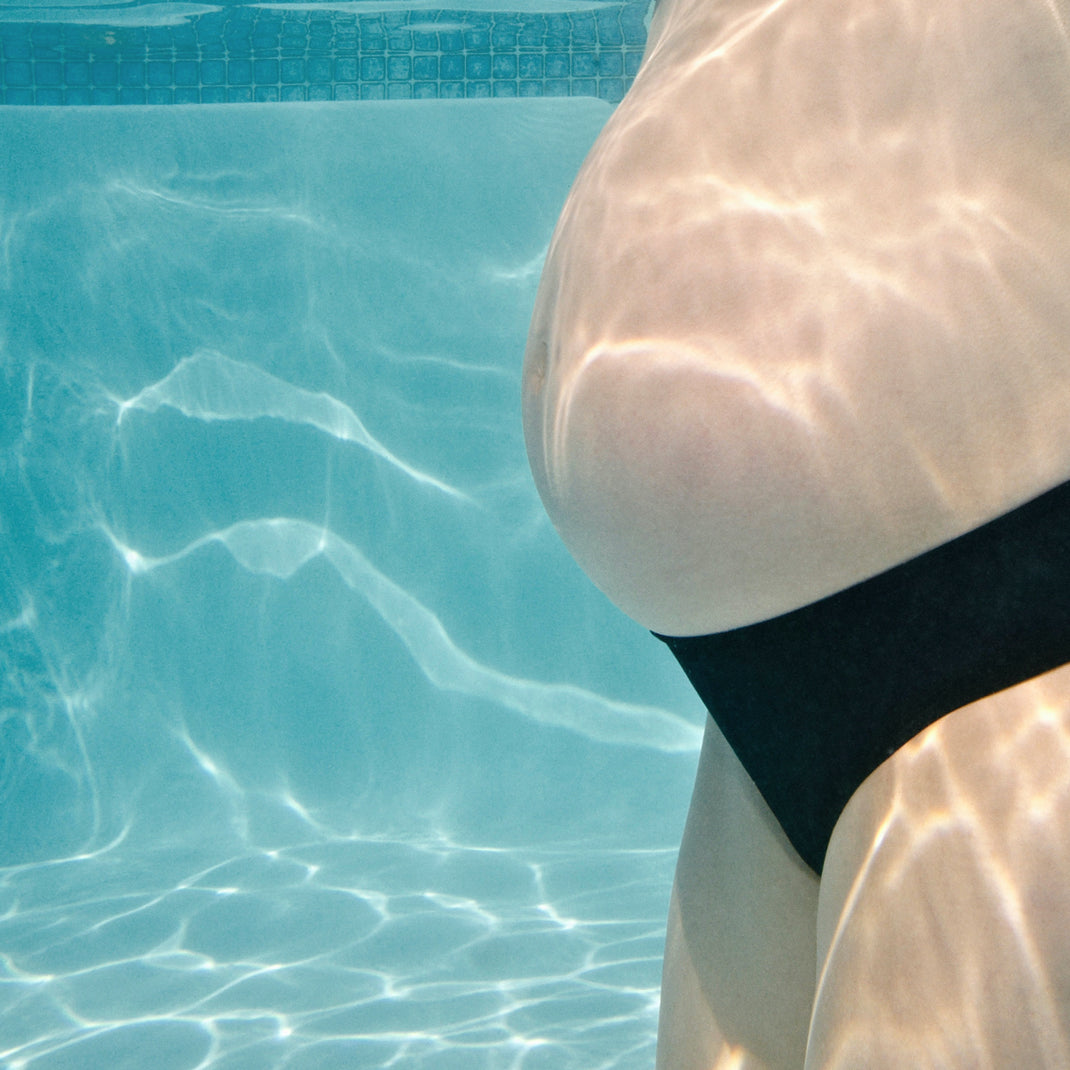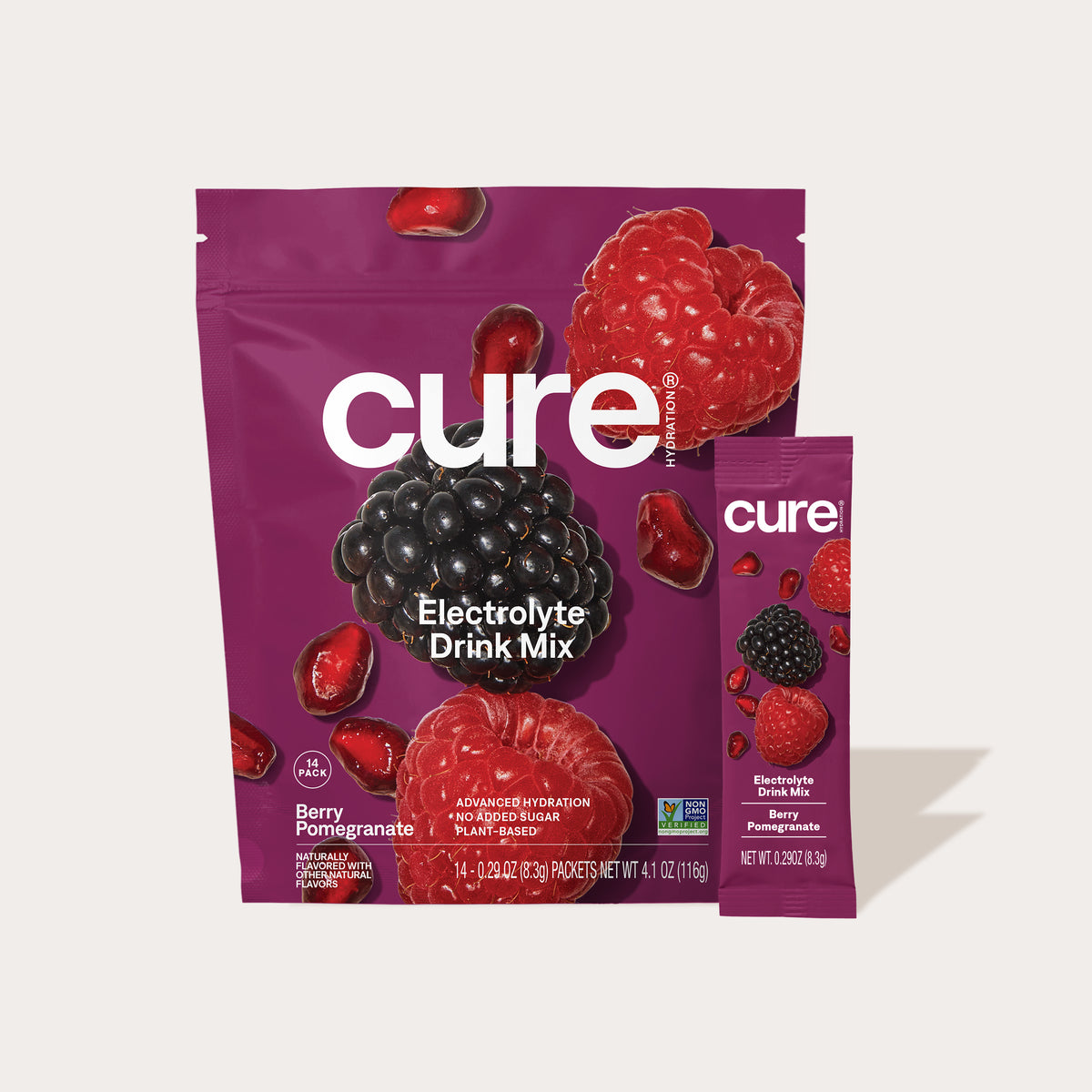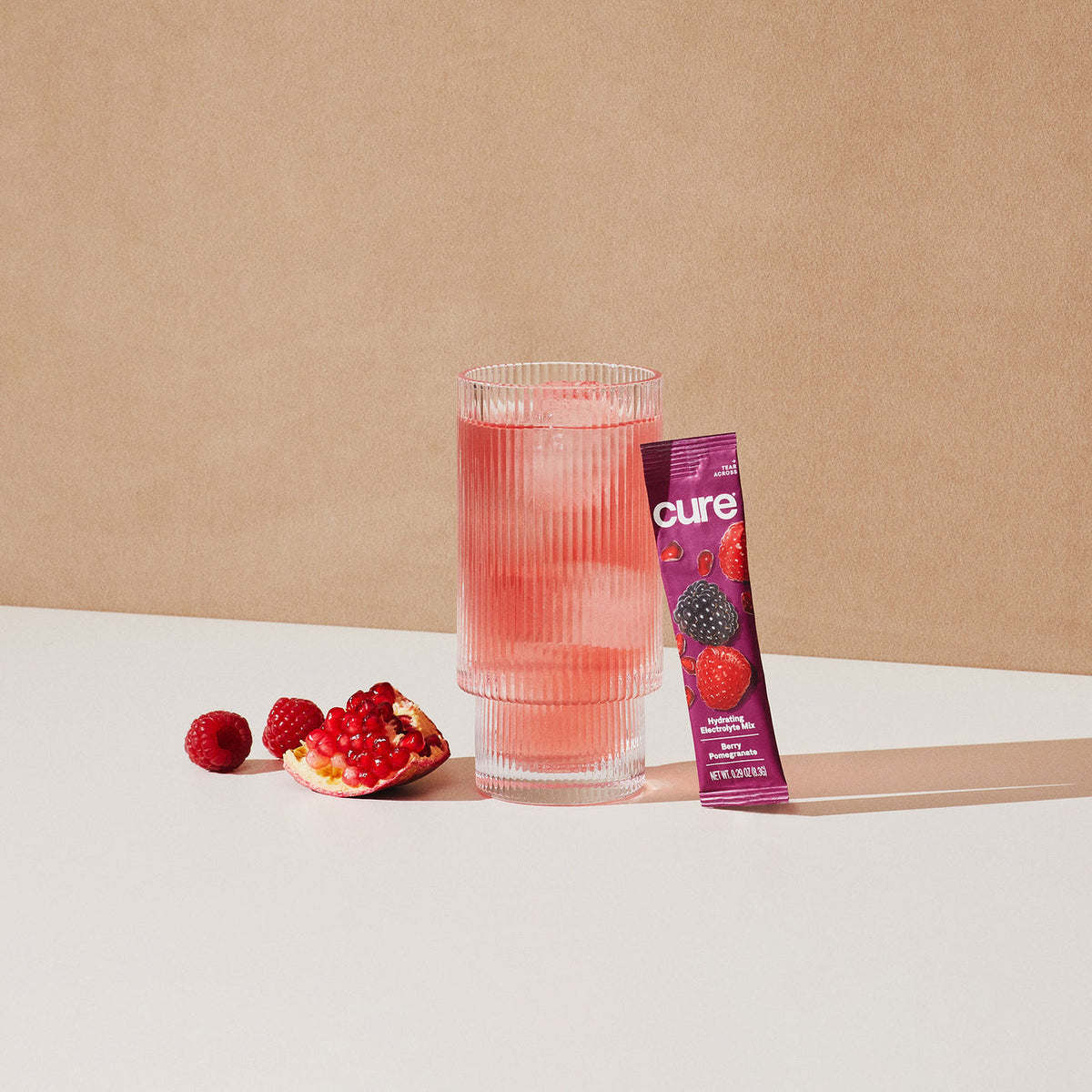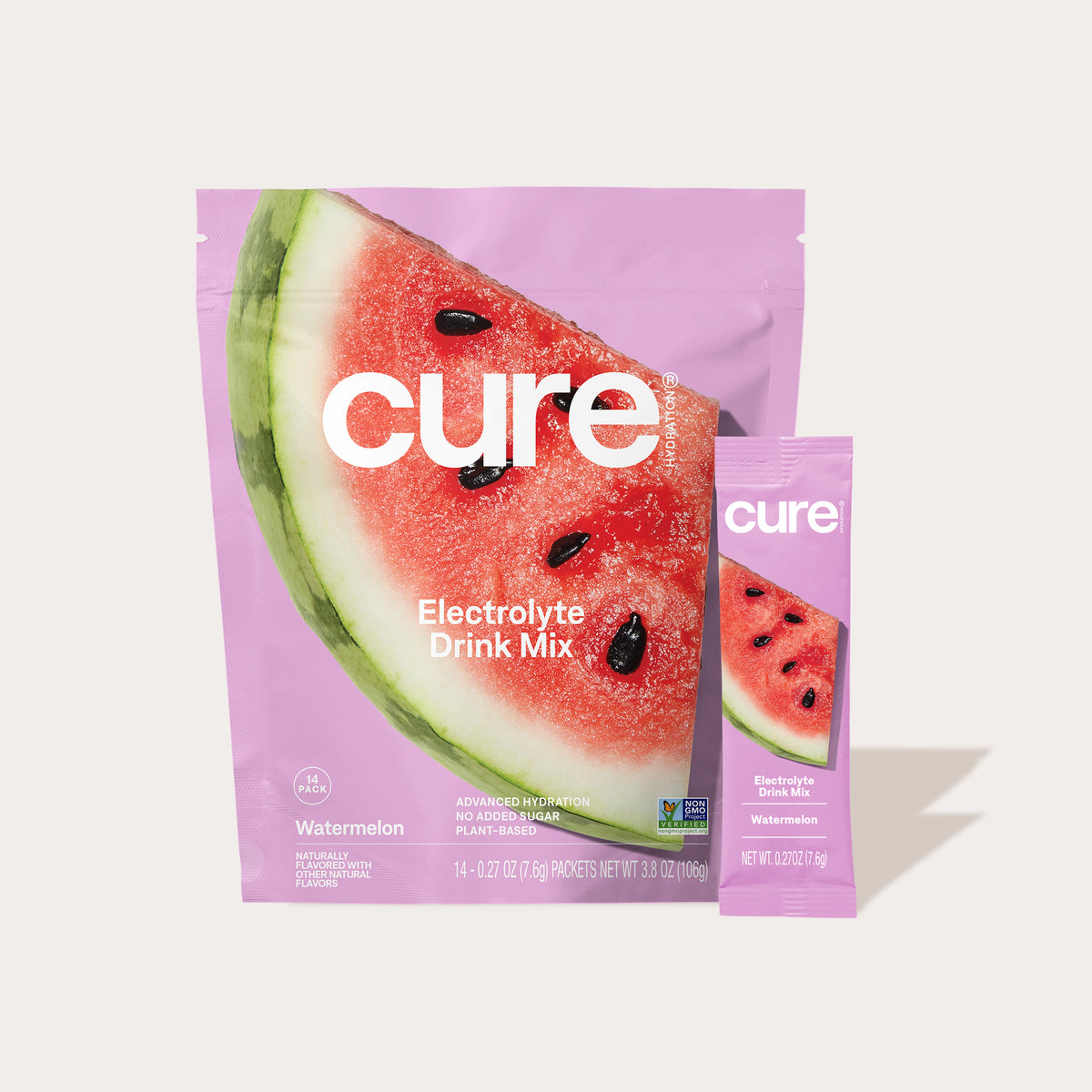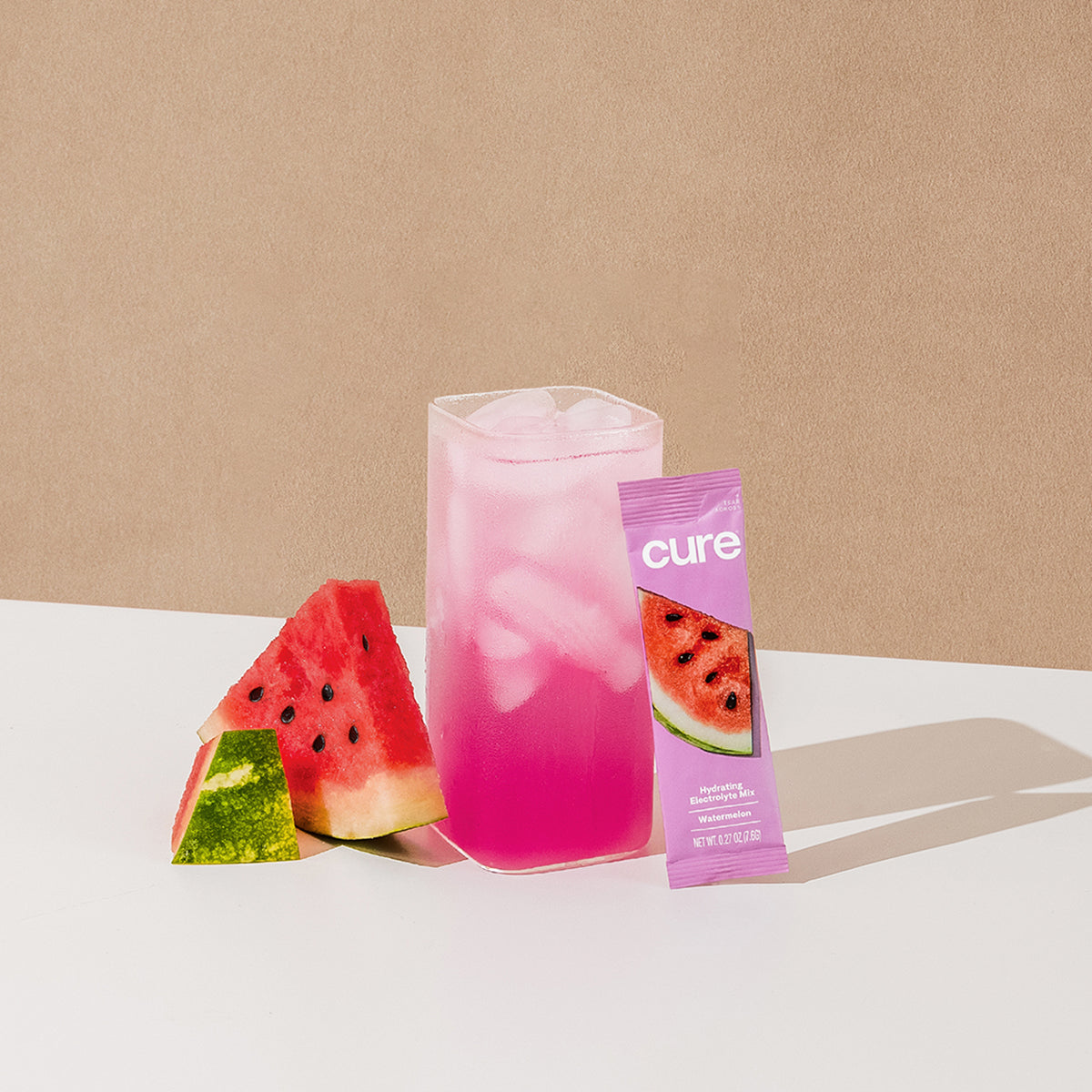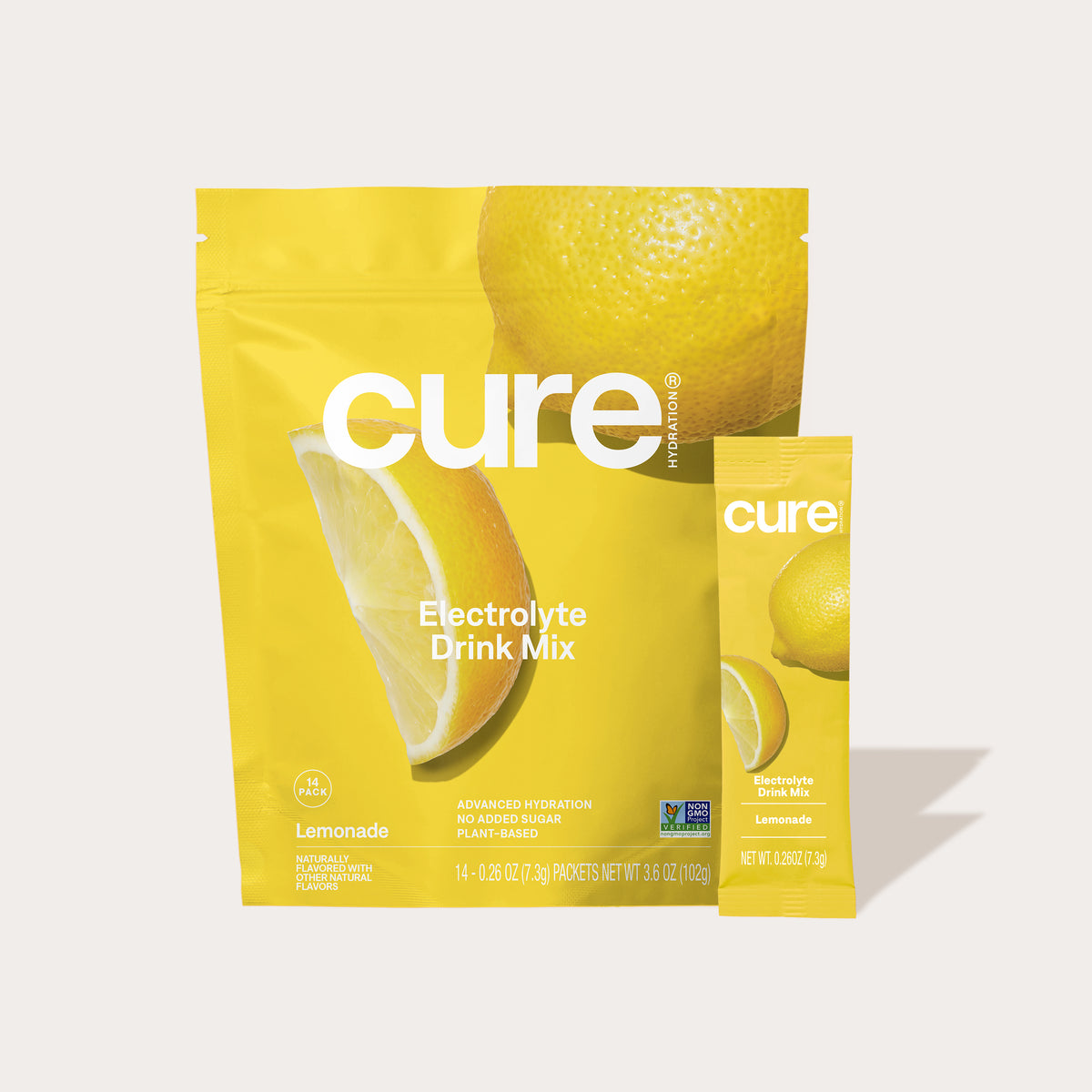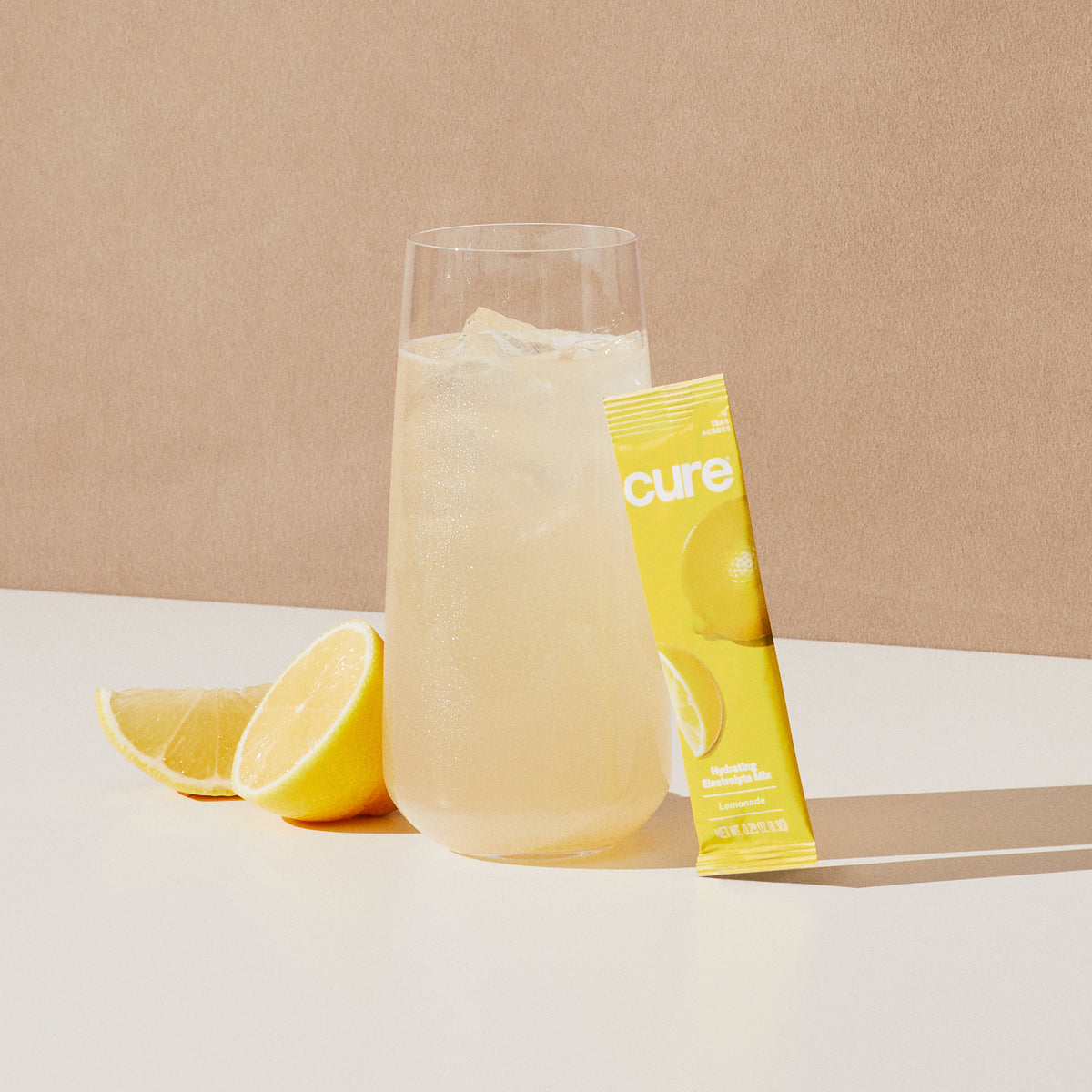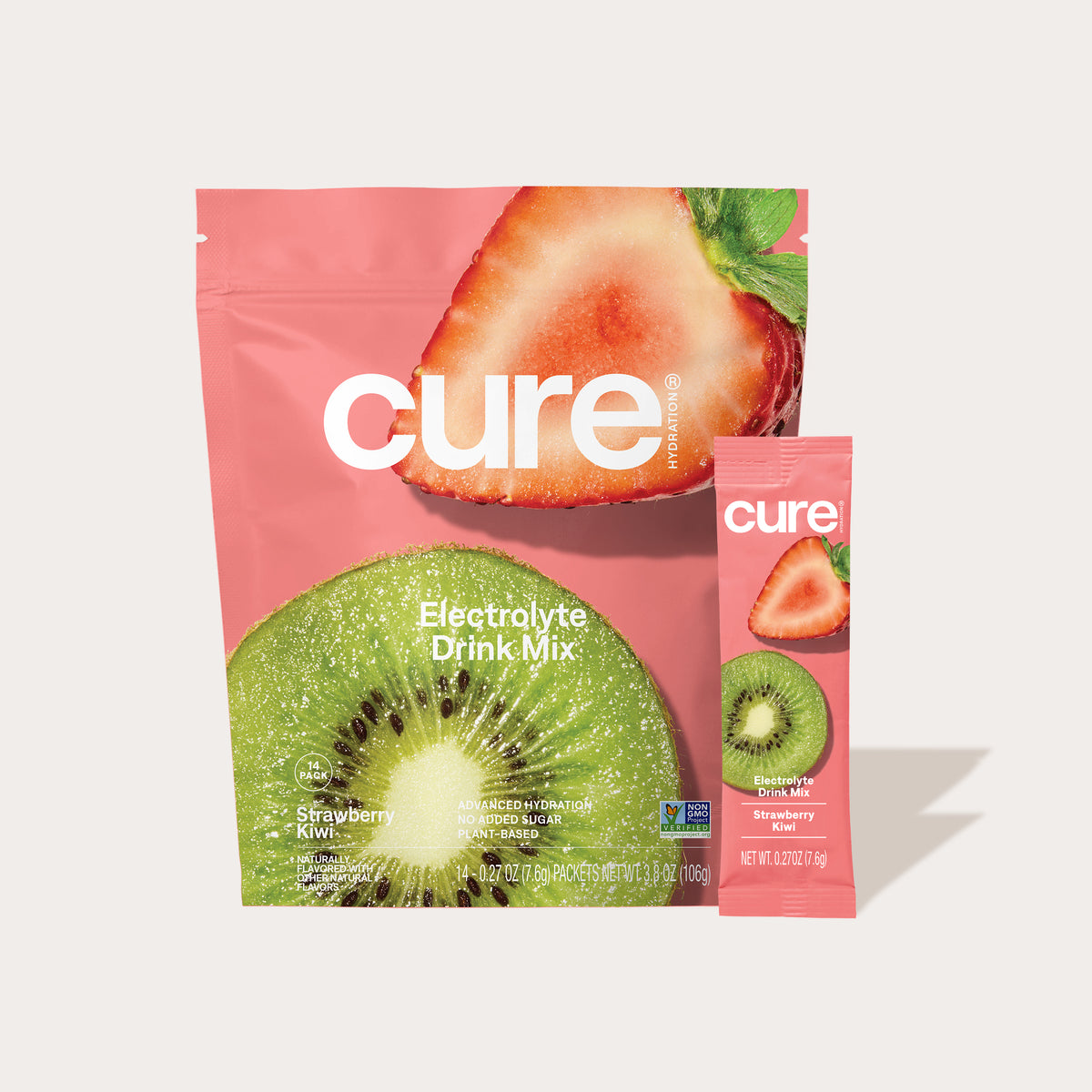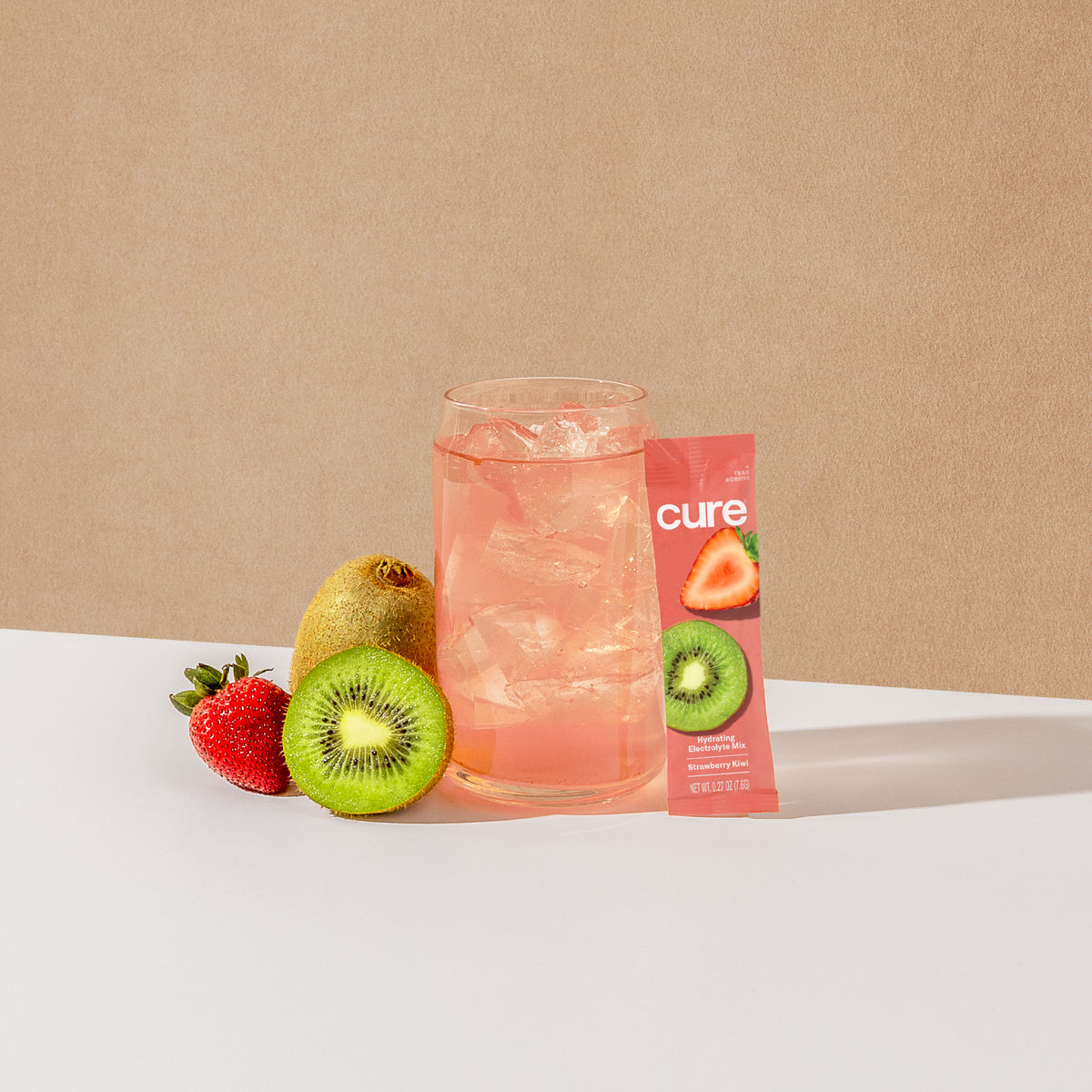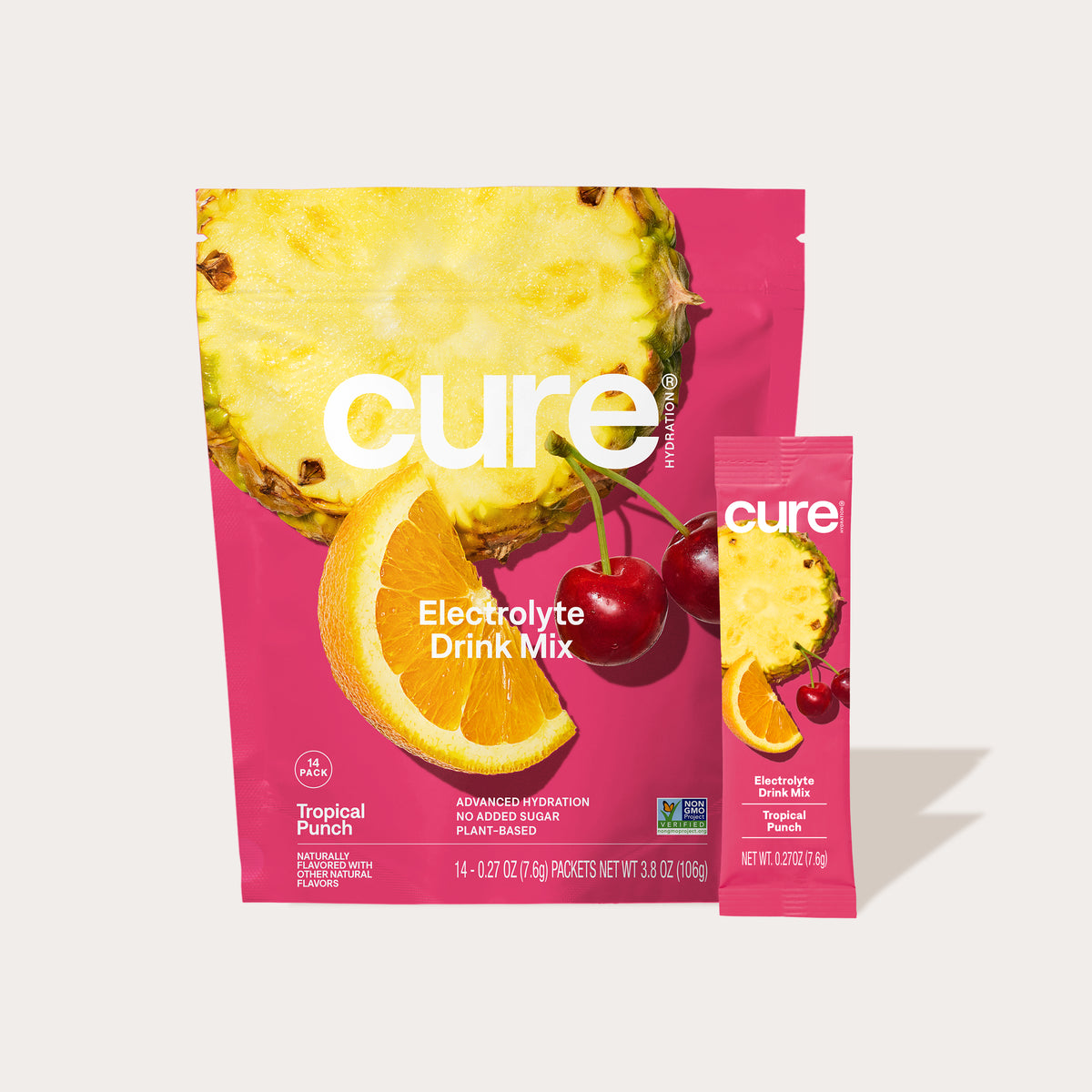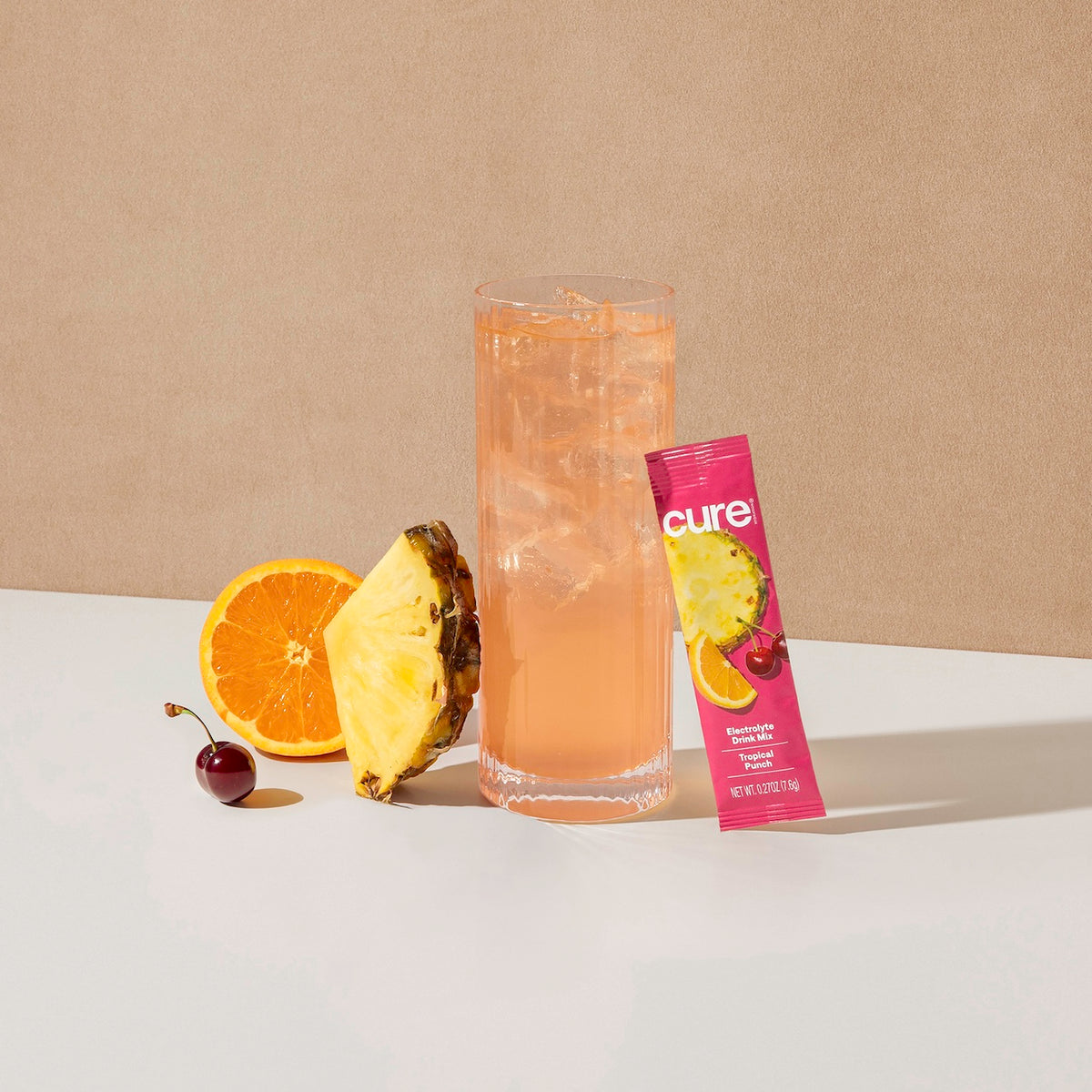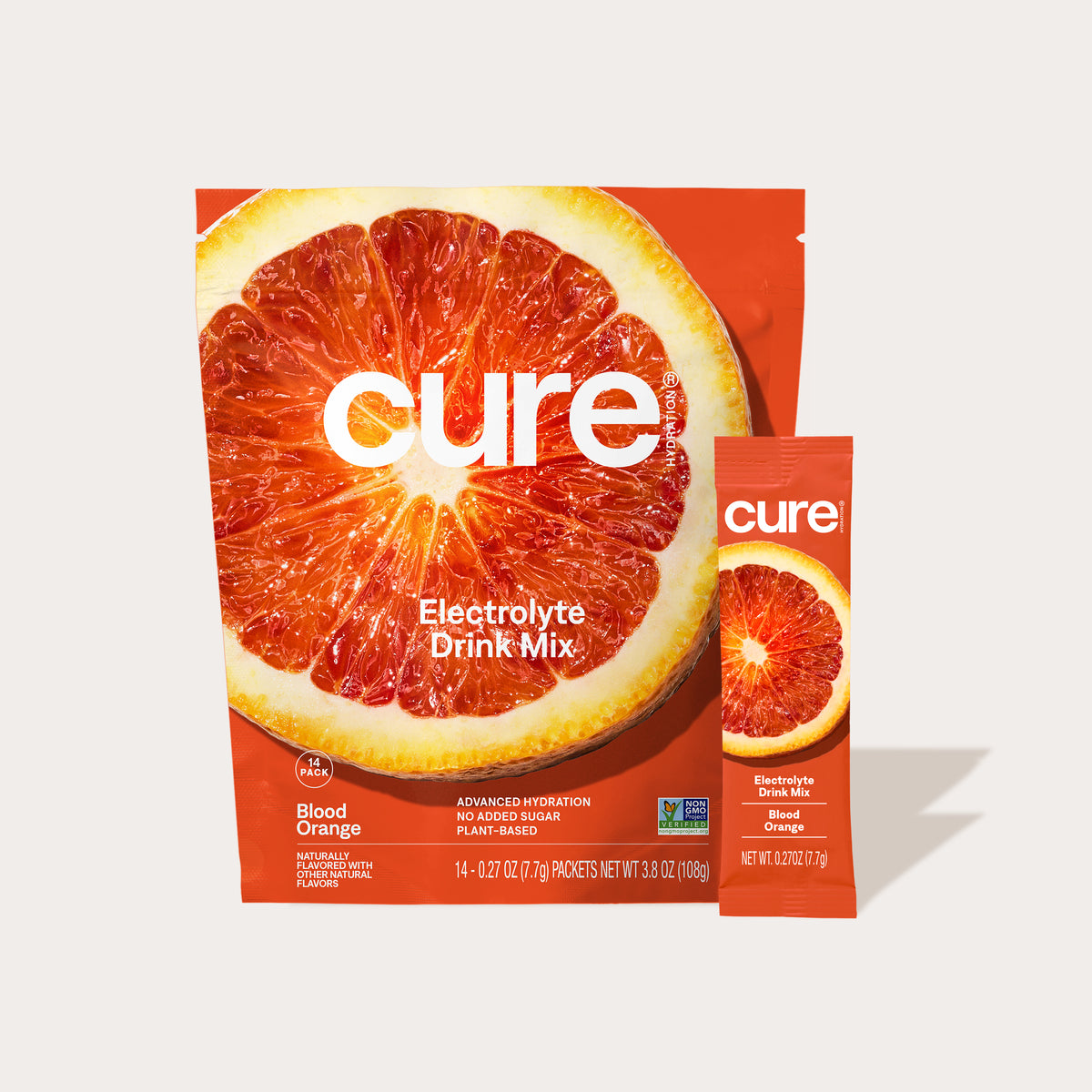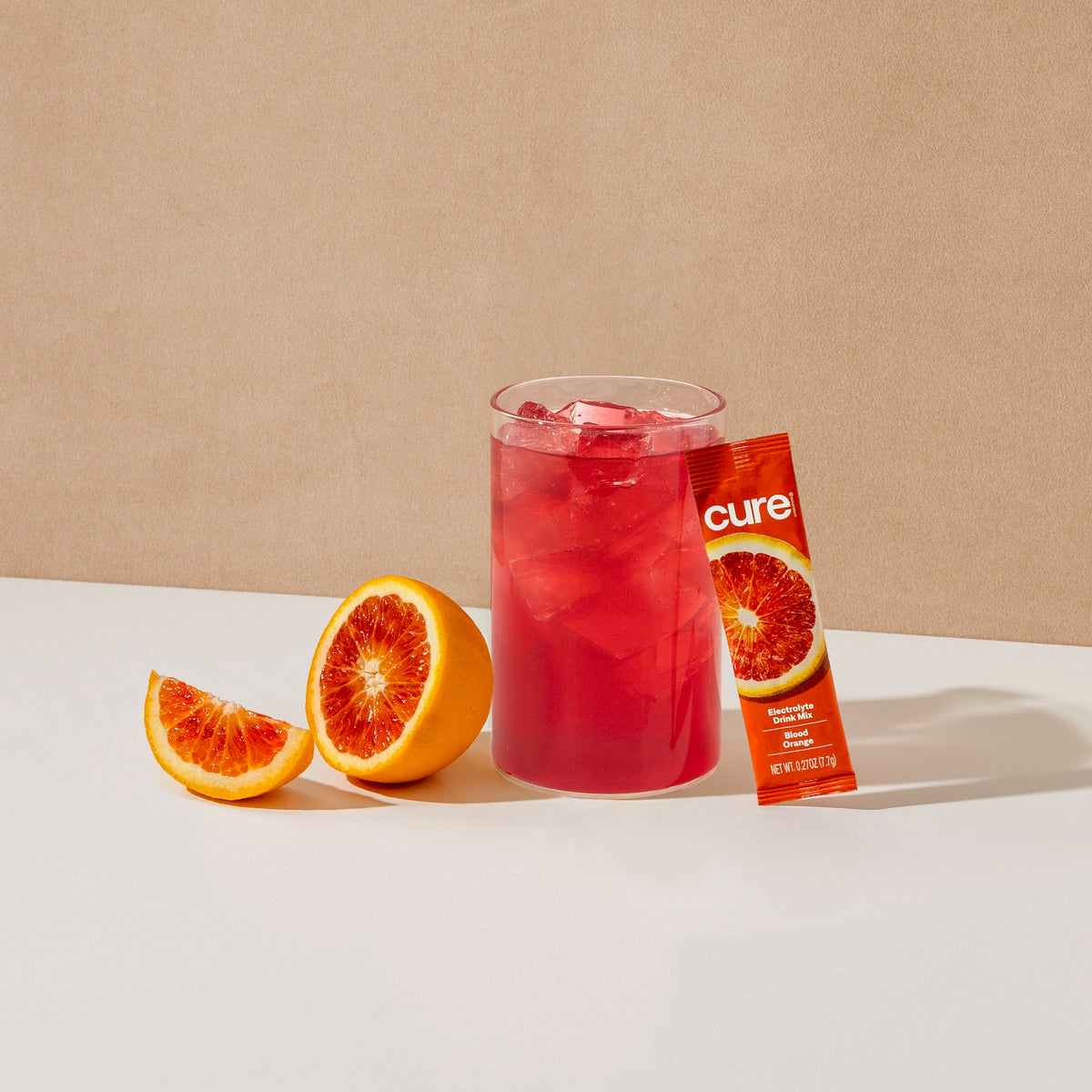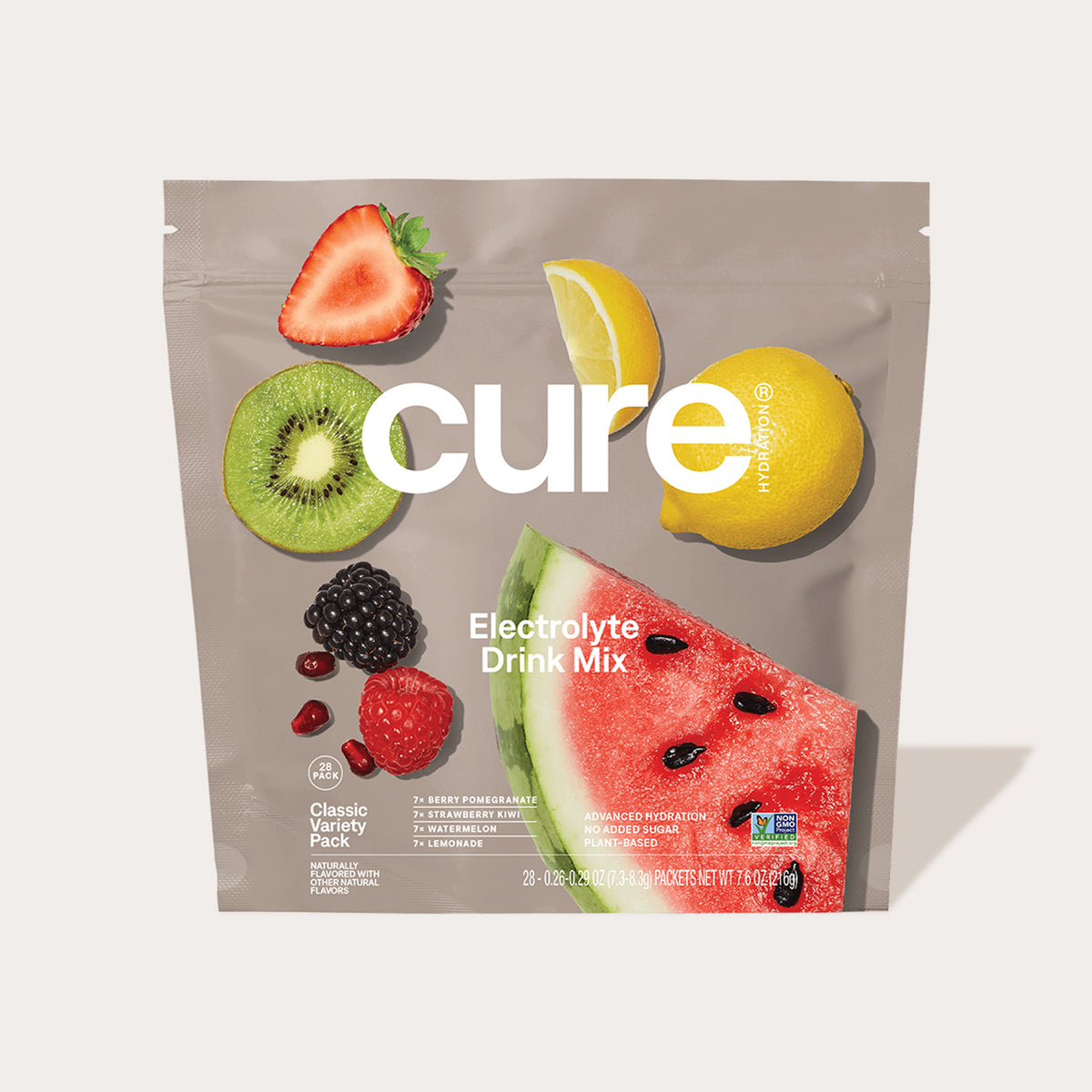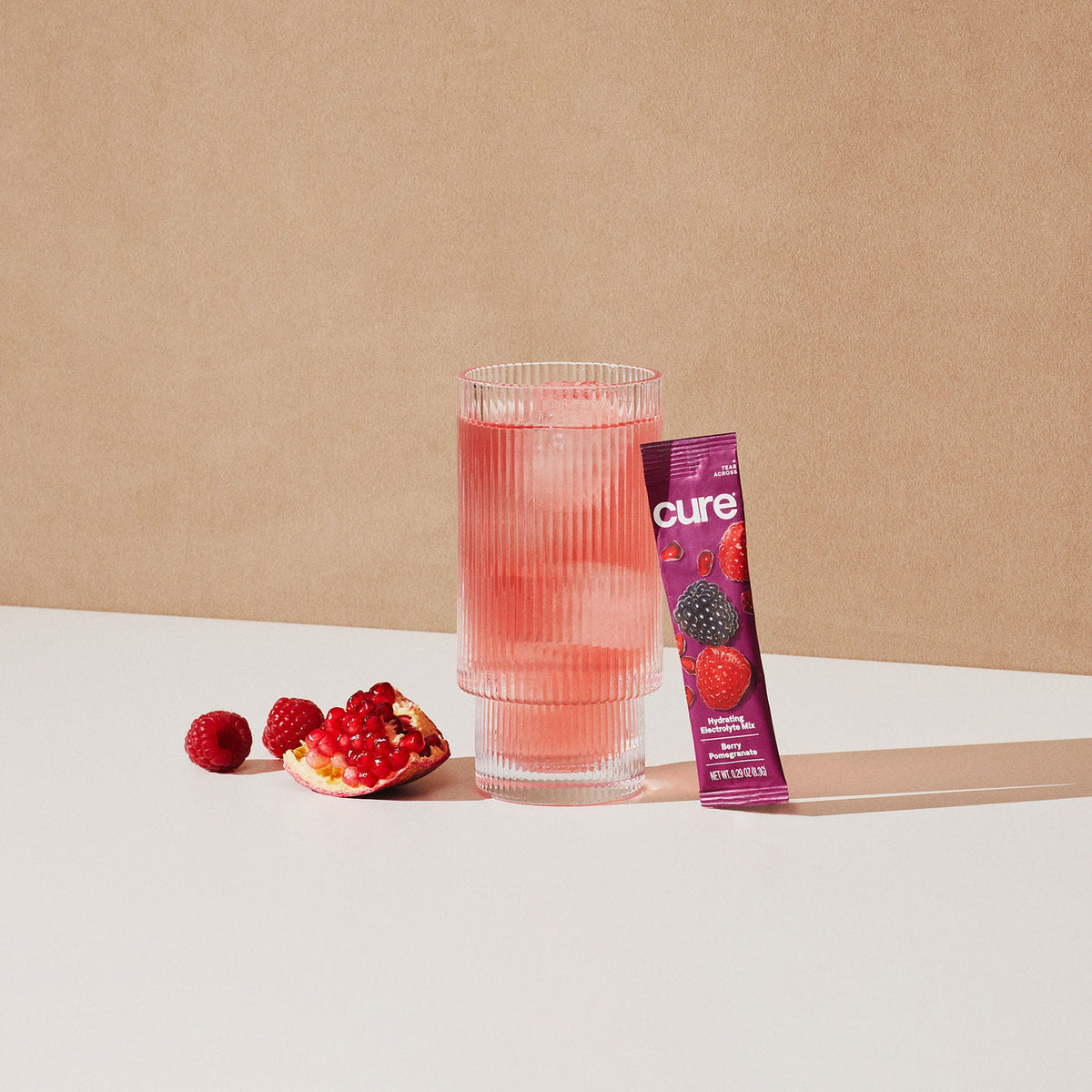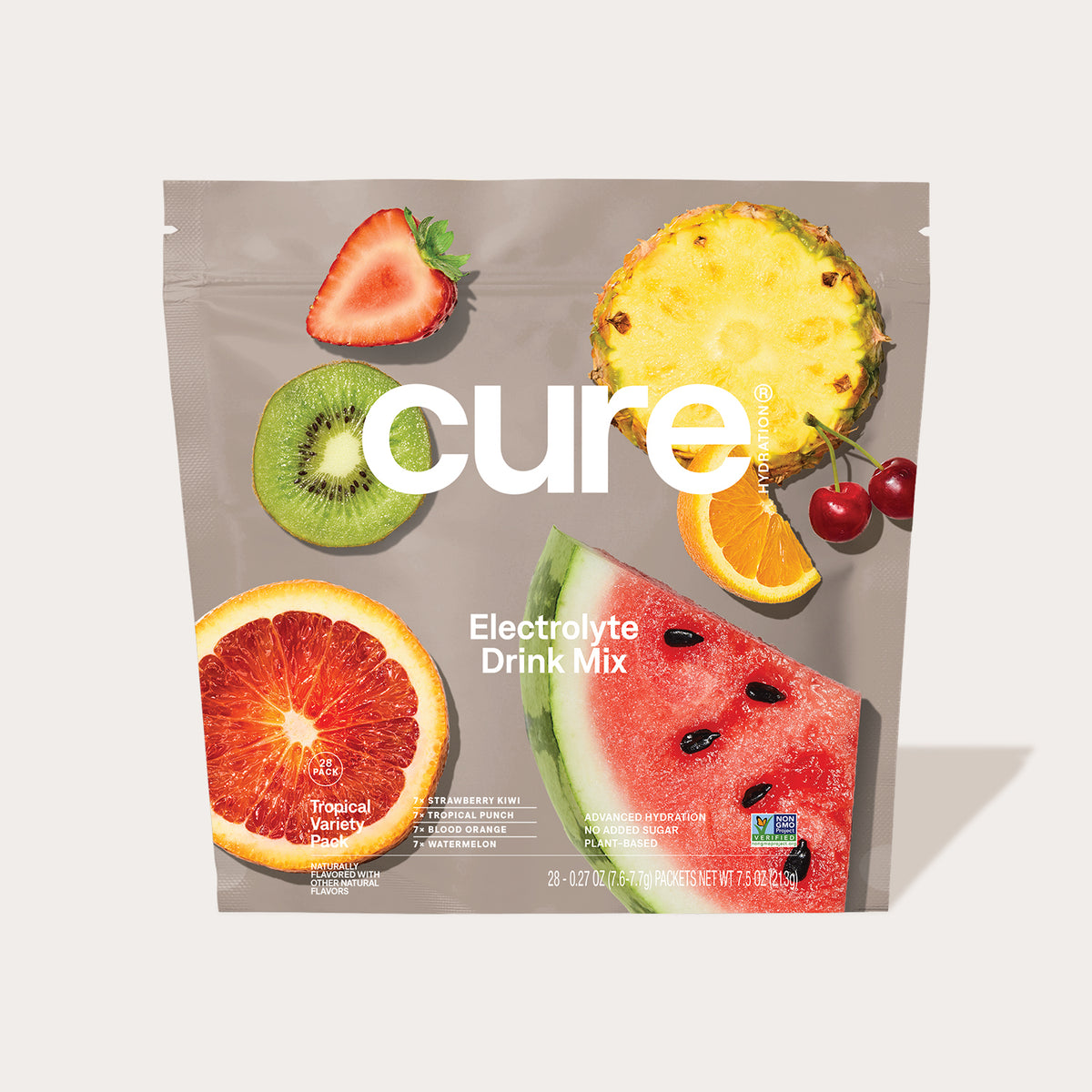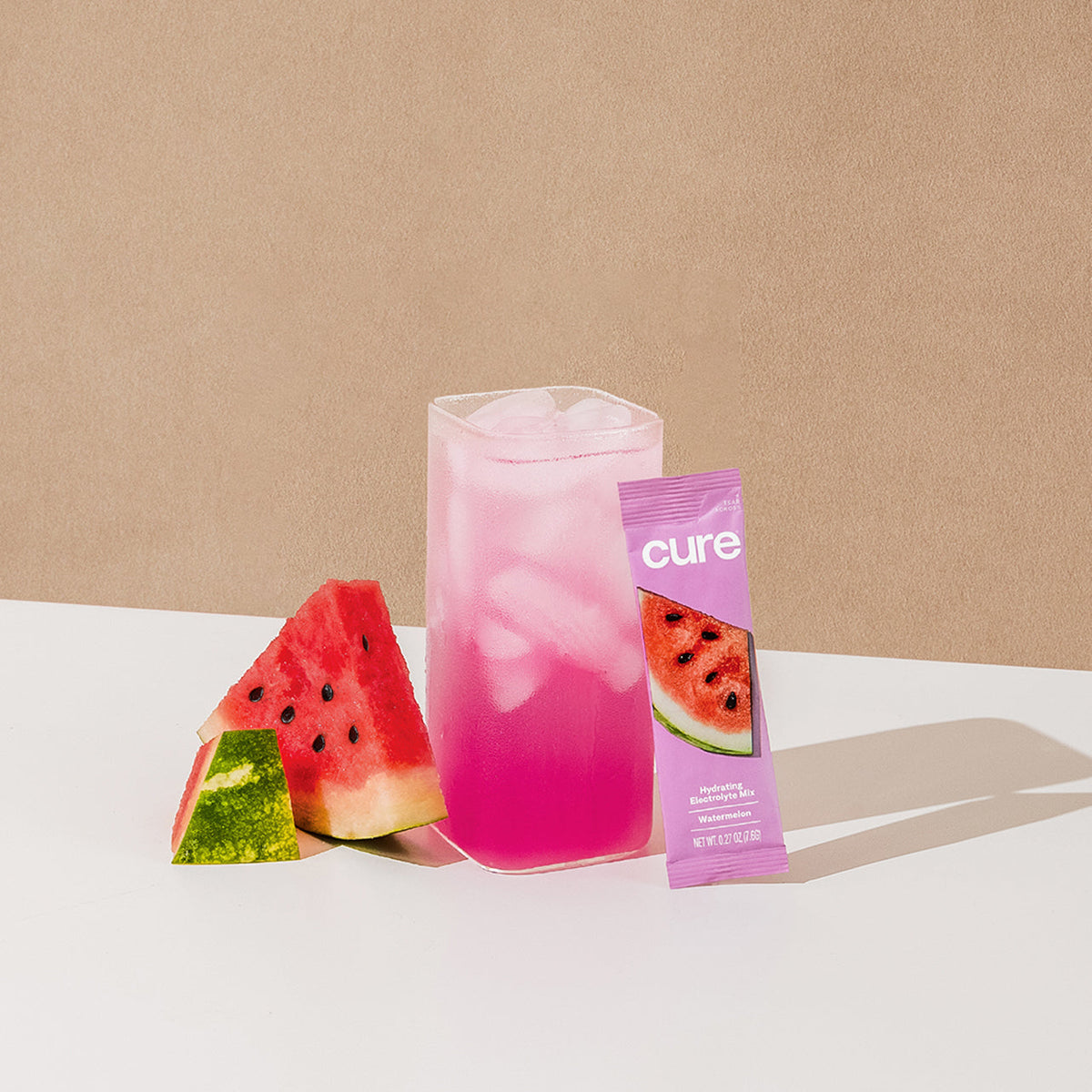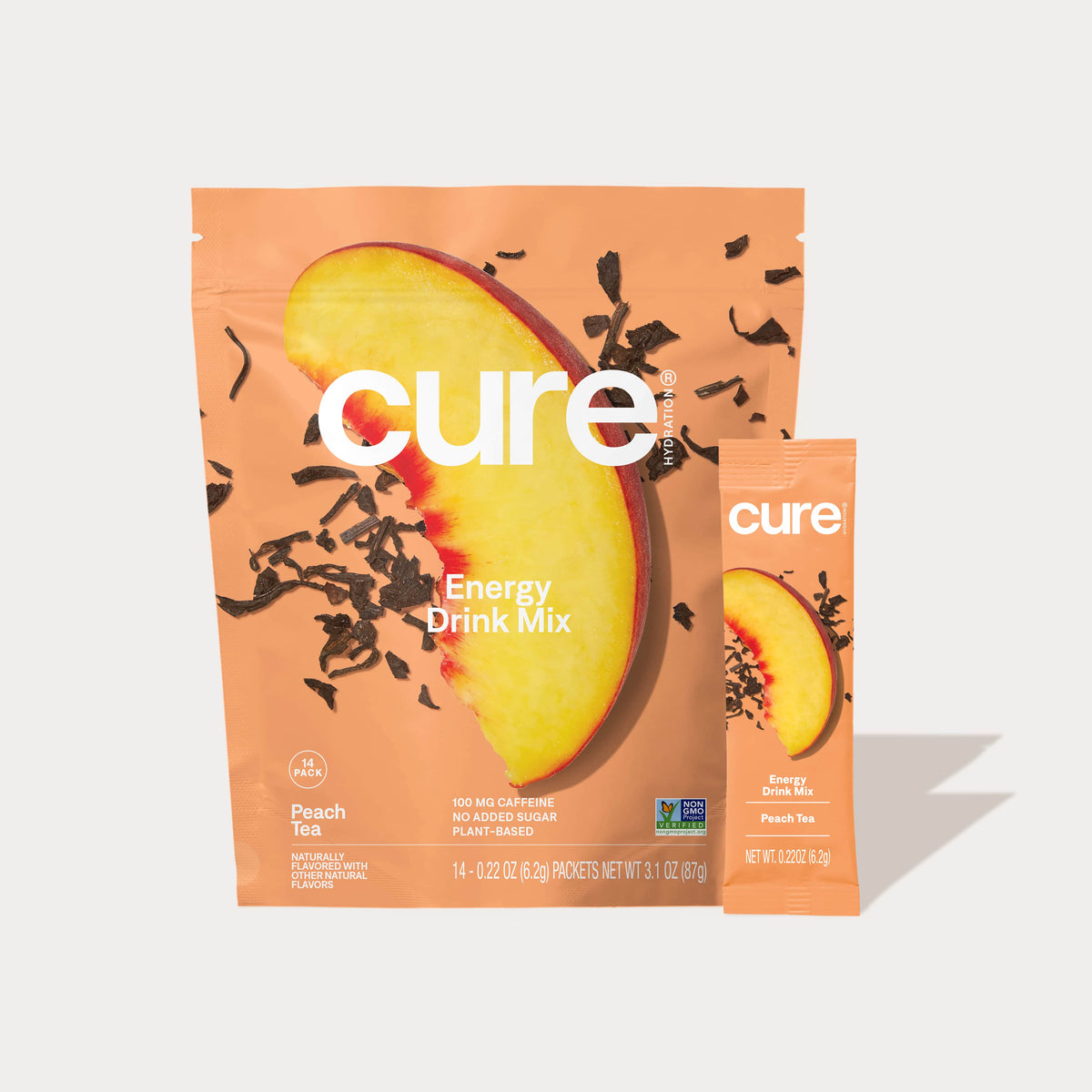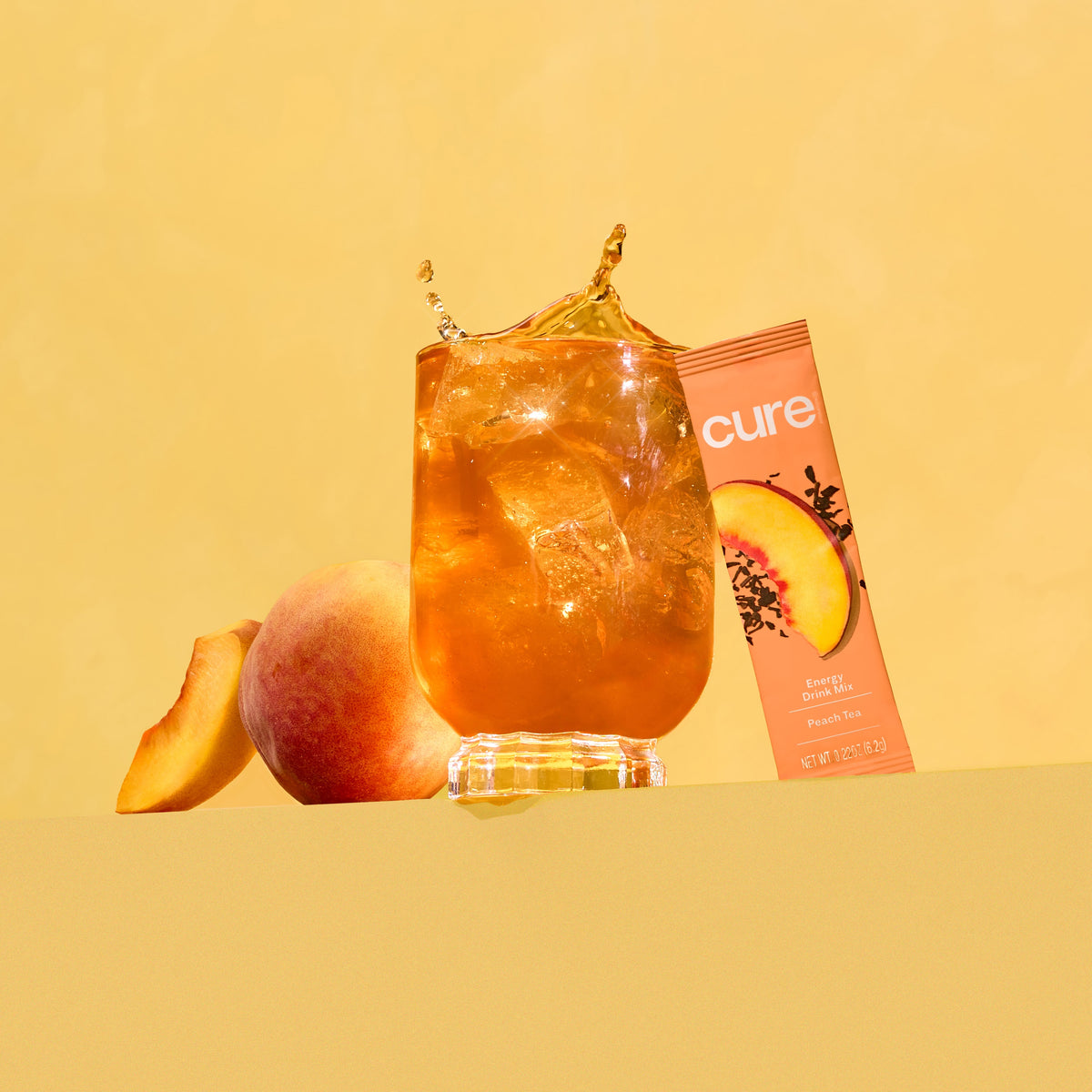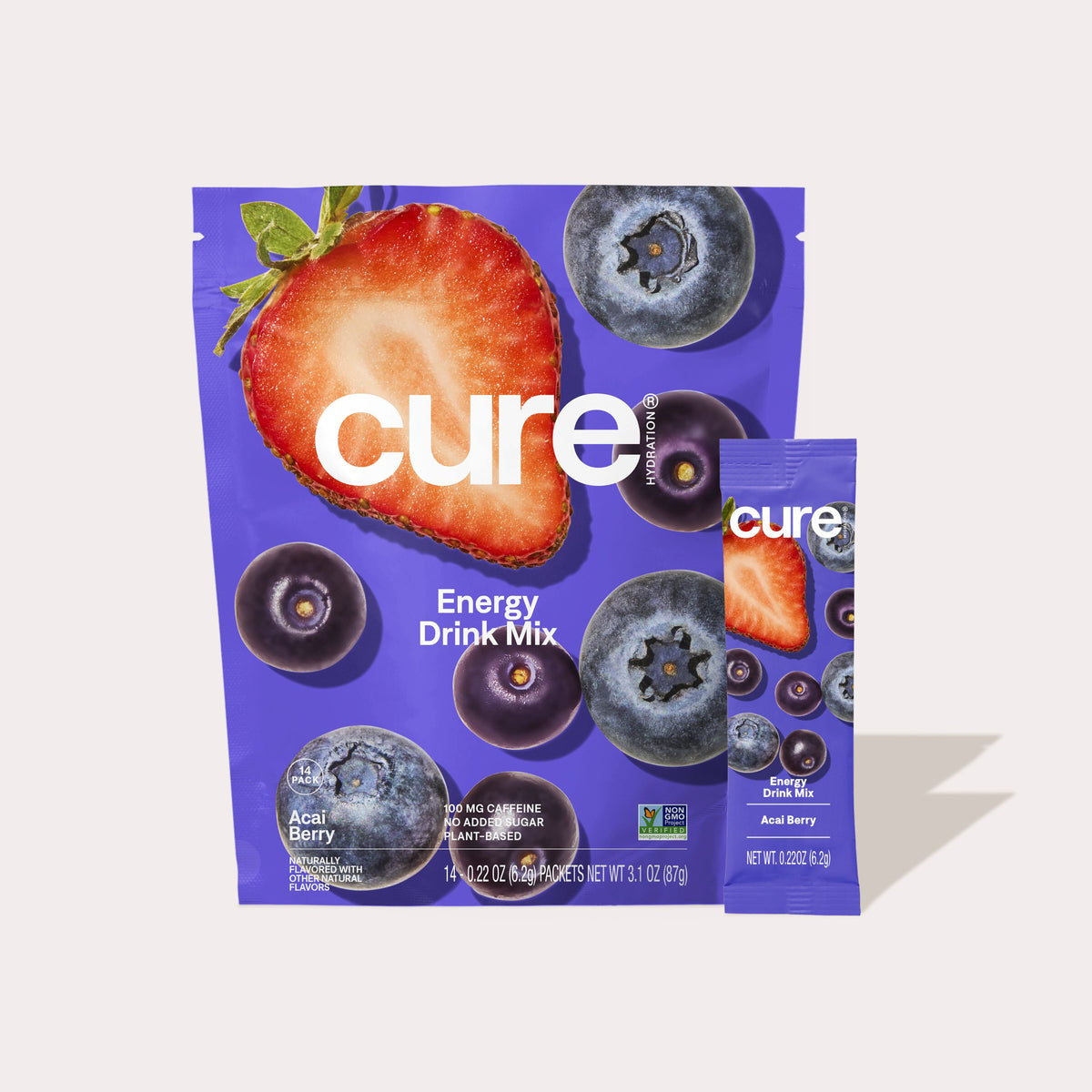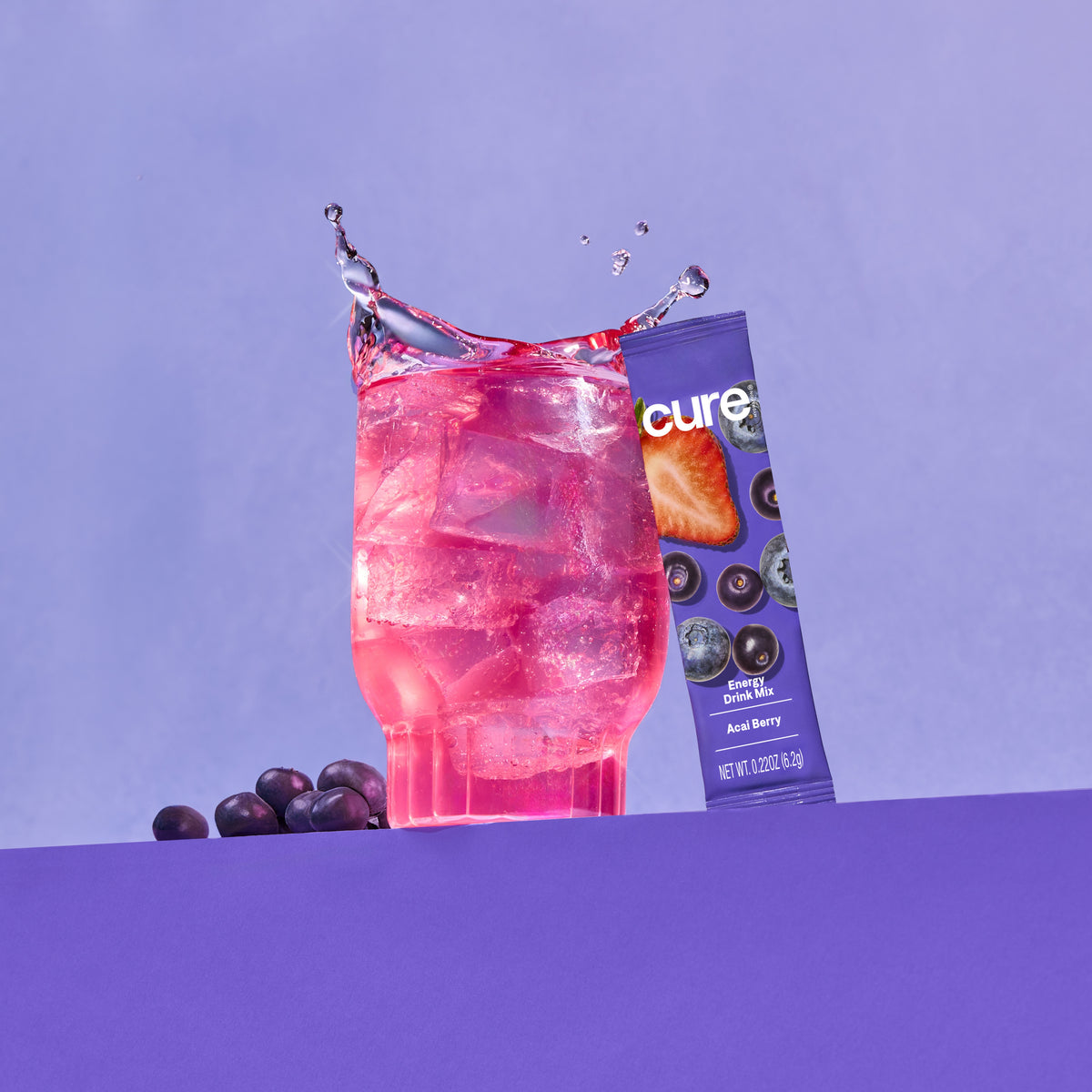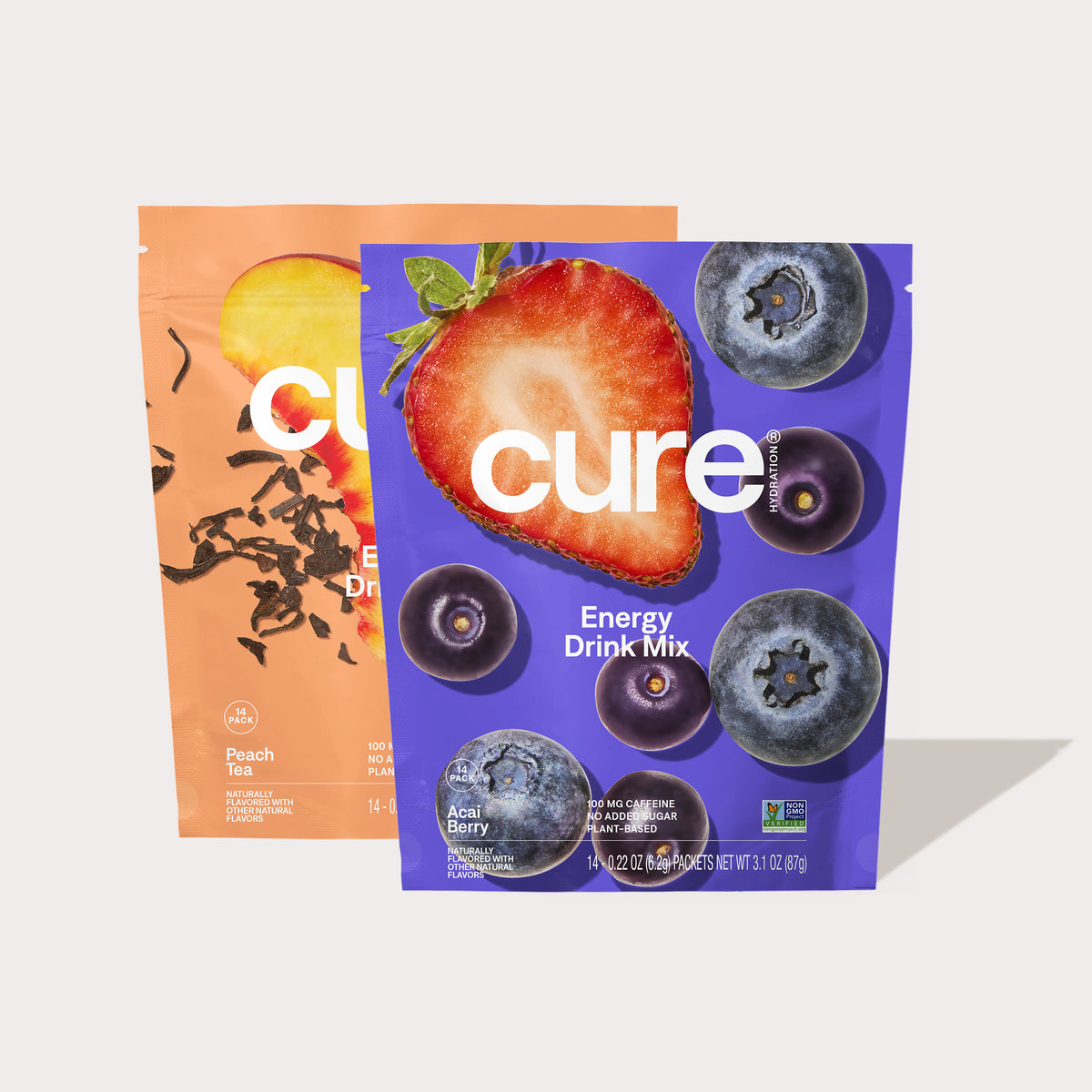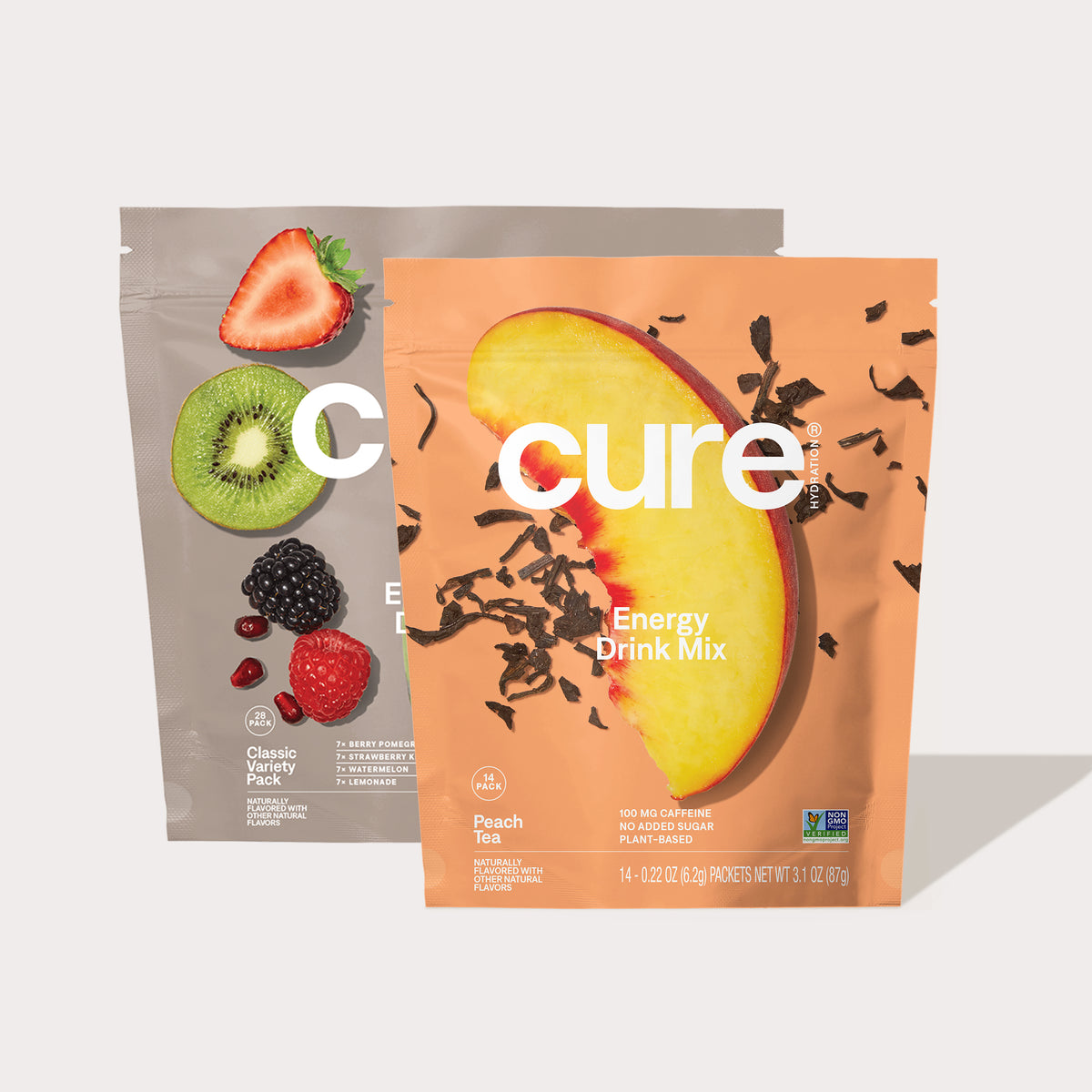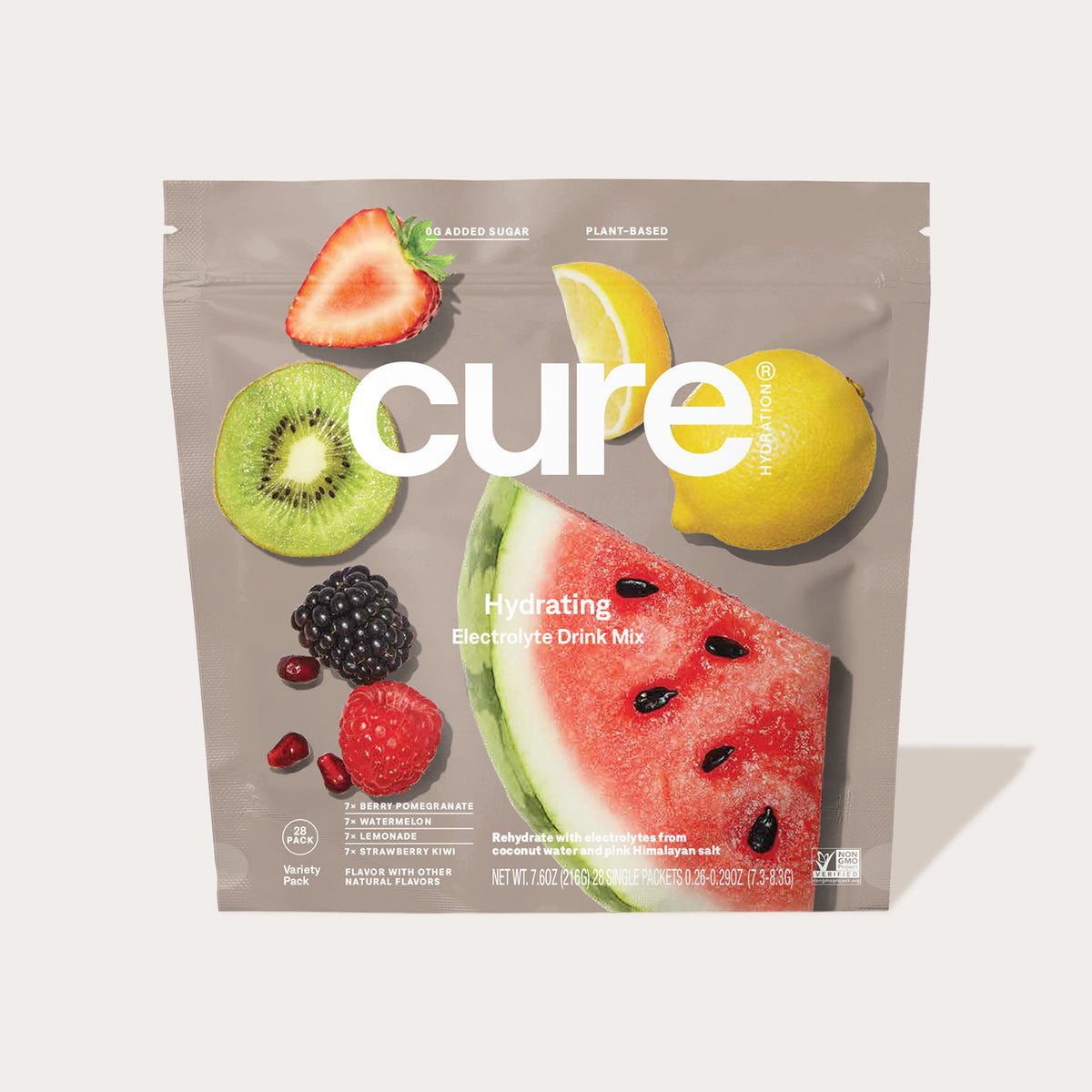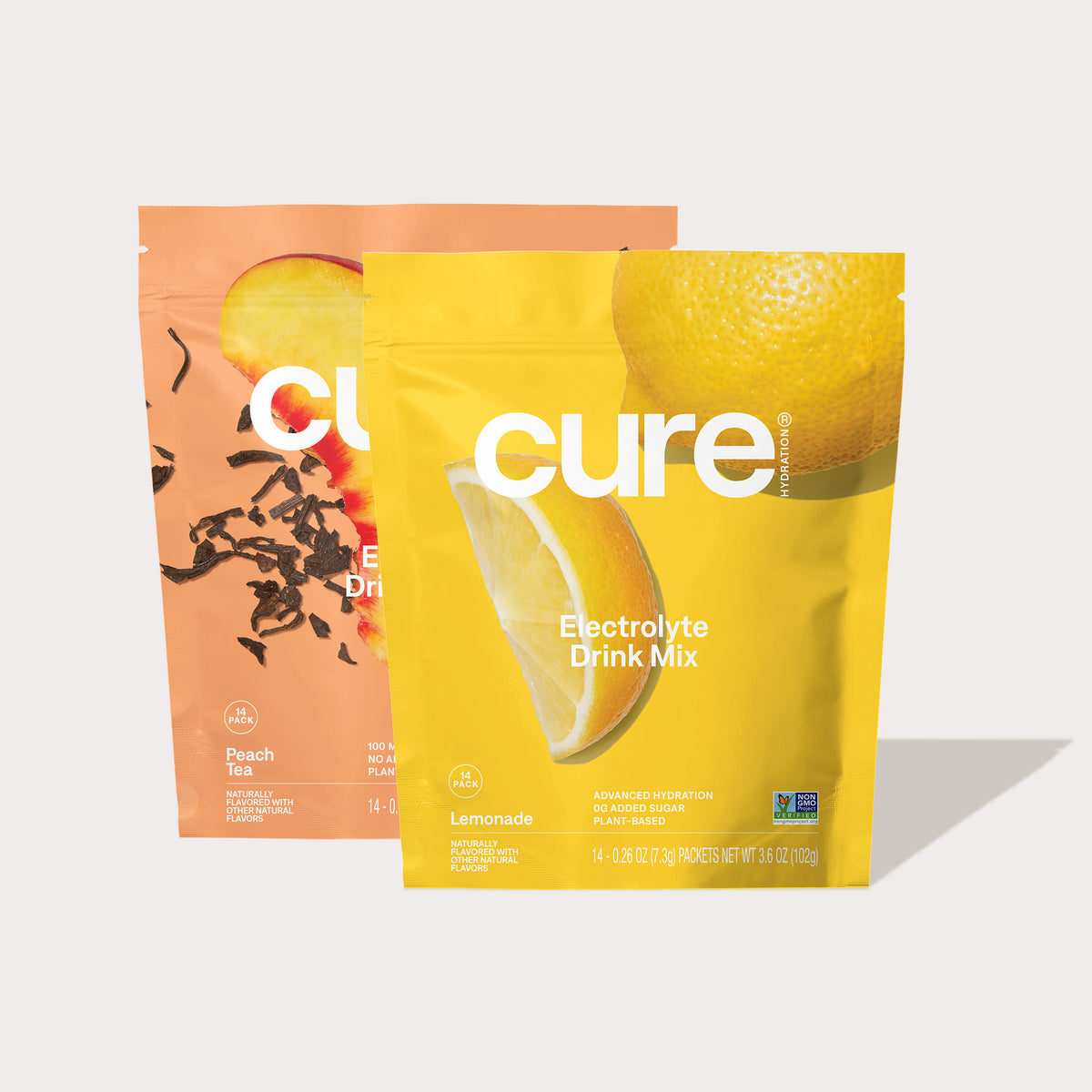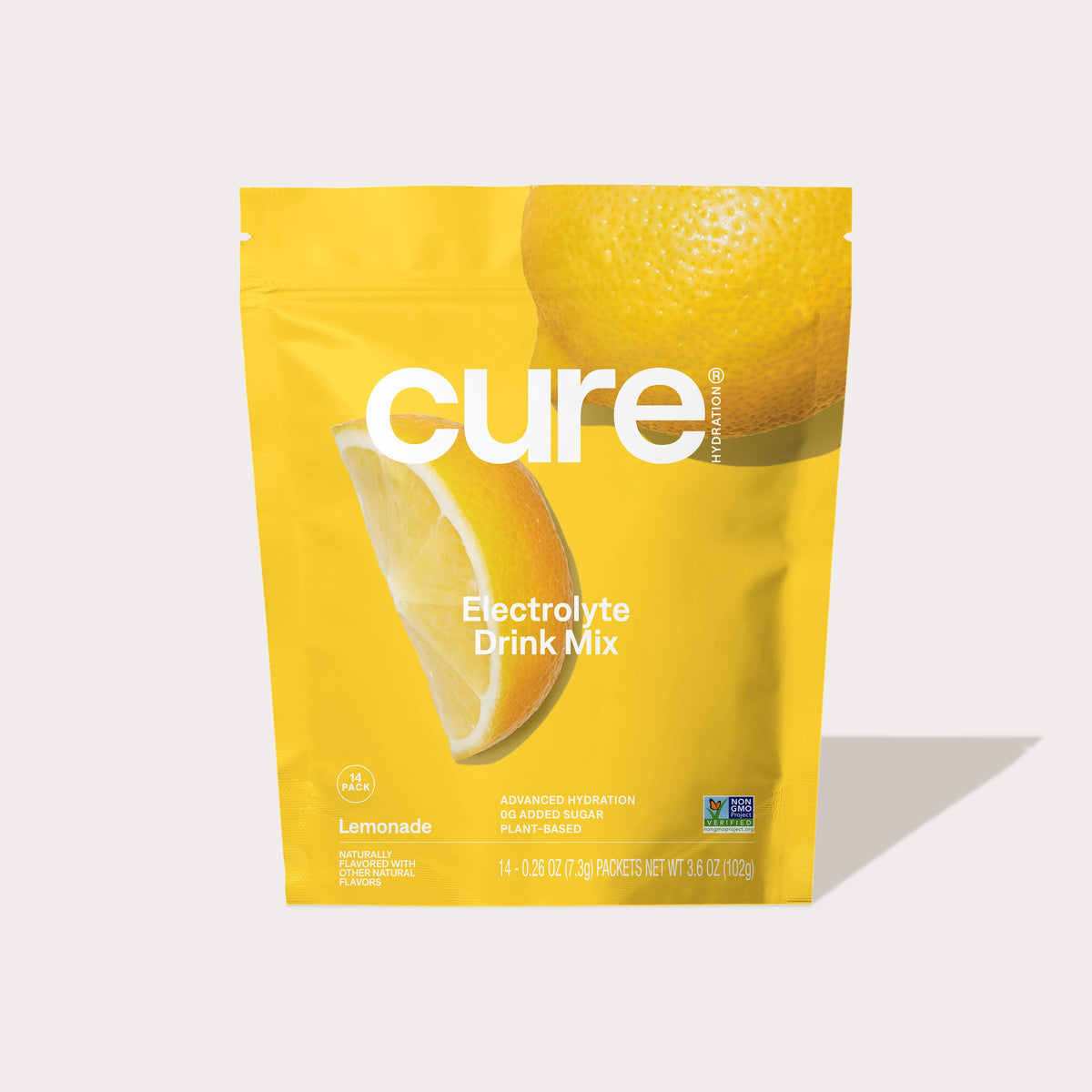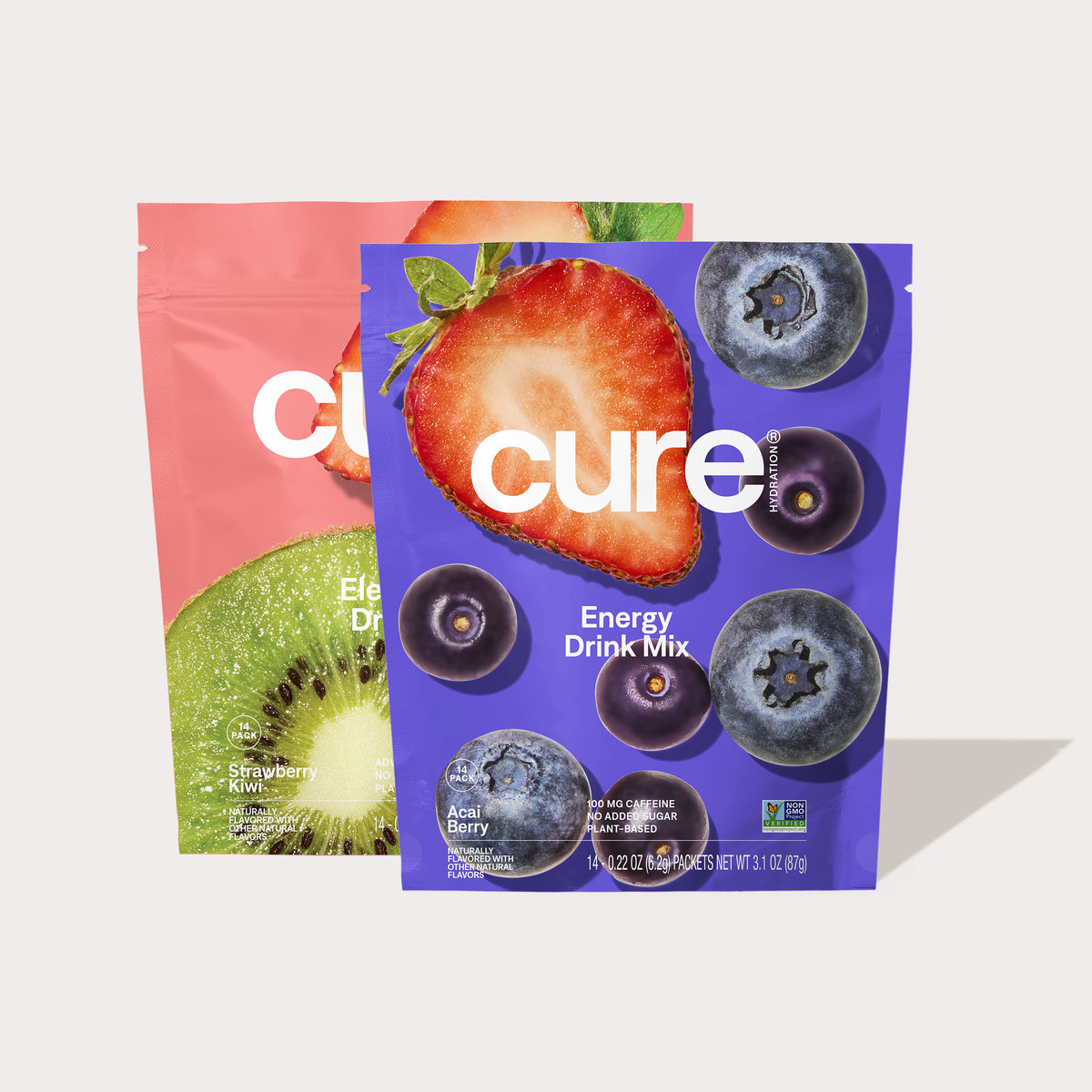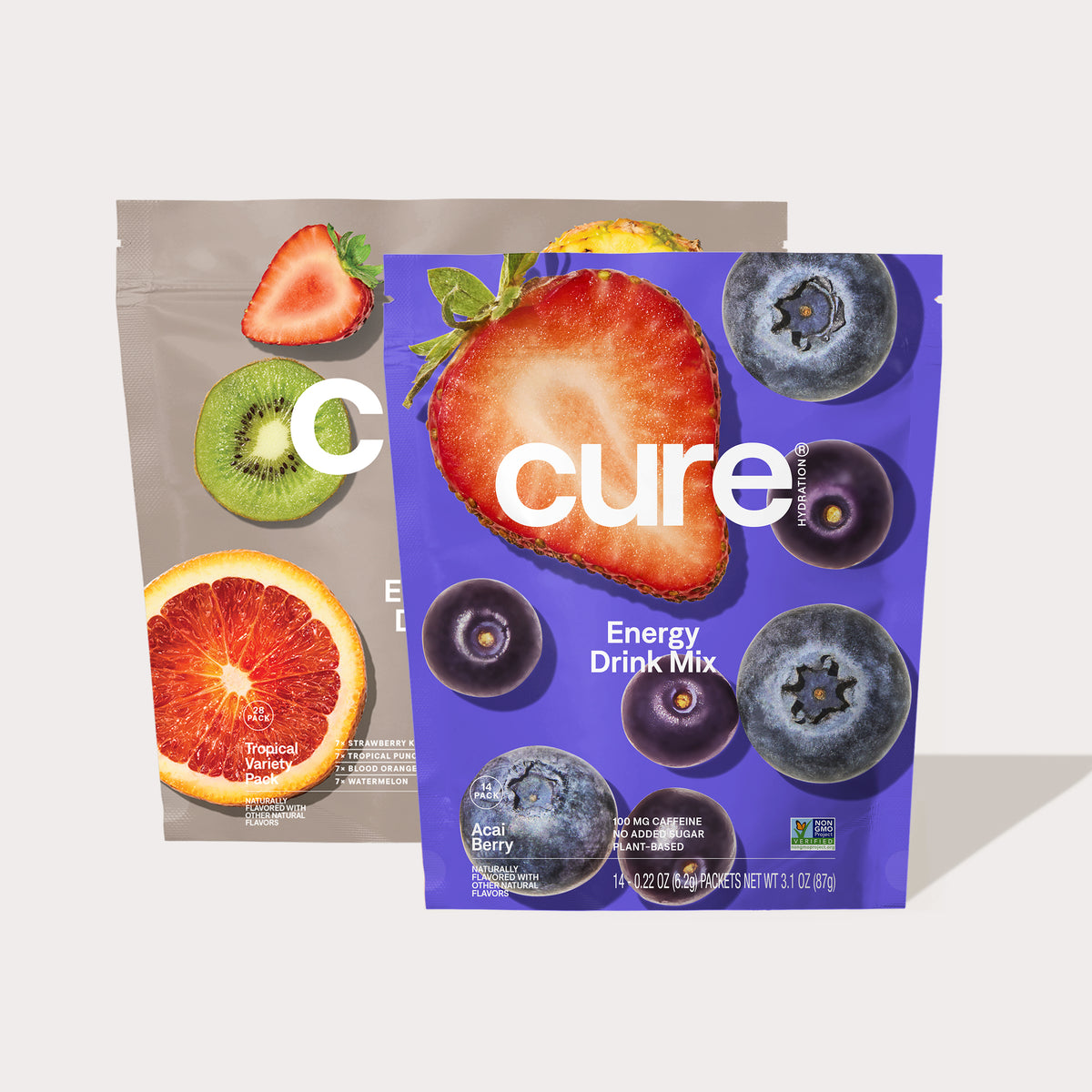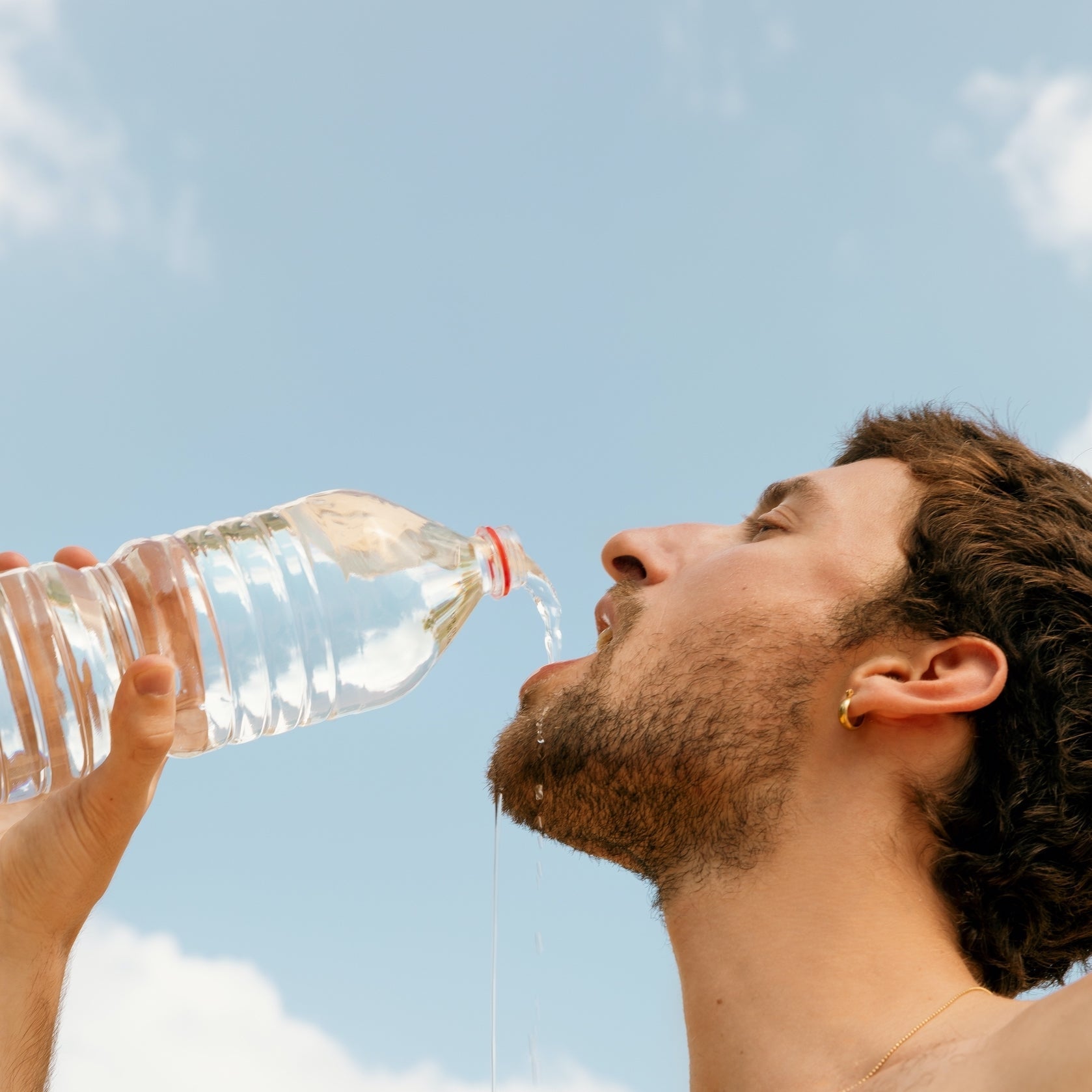When you’re pregnant, you’re not only eating for two but hydrating for two as well. Hydration is essential for delivering the best care to your child throughout your pregnancy, everything from essential vitamins to creating a safe barrier around them while in the womb.
While the average amount of water recommended for all pregnant women is 300 milliliters, there are many problems with the one-size-fits-all mentality. So many things contribute to a healthy pregnancy, and hydration seems to fly under the radar too often.
Besides looking over just how much water you should drink while you're pregnant, we’ll also look at quick ways to keep you hydrated in a pinch.
Why Is Hydration Important, Especially During Pregnancy?
When you’re pregnant, it’s more important than ever to keep hydration in mind. Your body needs water to absorb nutrients and transfer them to their destinations. Your baby can only receive those nutrients if your body has enough fluid to transfer them. When speaking in terms of different trimesters, your baby needs different things at different stages.
First Trimester
Your first trimester happens within the first three months of pregnancy and is responsible for turning a small bundle of cells called an embryo into a fetus. Your placenta also develops, which is an essential source of nutrients for your baby throughout the entire pregnancy. The baby’s facial features and other organs also begin to develop.
Second Trimester
If you’re curious about whether your child will be a boy or a girl, the second trimester is the perfect time to find out in advance.
This stage is also when you hear your baby’s heartbeat and watch them make faces or move in cute ways while in the womb. They also begin growing hair. This is also the part of your pregnancy where you may neglect your own hydration since you don’t have morning sickness and other unappealing symptoms to remind you to take it easy.
Third Trimester
Your baby is finishing up developing in the womb and getting ready to see the real world! By this time, their brain is adding the final touches and your baby’s lungs are nearly finished developing as well. By the ninth or tenth month, you’ll have a beautiful baby.
What Can Impact Hydration Levels in Pregnant Women?
Many symptoms of pregnancy can affect hydration levels. Pregnant women must drink a proper amount of water to stay hydrated throughout their pregnancy. Different stages of pregnancy can significantly affect hydration levels in your body, especially depending on the trimester you are in.
In a recent study published in the European Journal of Nutrition, the second and third trimesters can make women more susceptible to inadequate hydration, especially after exercise. The participants were considered overweight or obese. Hydration may also be linked with lower birth weights in some cases. With proper care, this can be avoided.
Some symptoms of dehydration, besides extreme thirst, can include:
- Constipation
- Dizziness
- Fatigue
- Headaches
- Upset stomach
- Dark yellow urine
- Preterm labor
Pregnant women are susceptible to underhydration due to the way the body changes throughout pregnancy. For example, morning sickness impacts 70 percent of pregnant women. Without a chance to replenish fluids, it can be difficult to maintain proper hydration. That’s why when you’re feeling thirsty, you should drink water as soon as you can. Your body’s signal that it lacks hydration and waiting to rehydrate can make matters worse.
Another good reason to stay hydrated? Pregnant women can be prone to urinary tract infections (UTIs), and not having enough fluids could be the difference between a healthy urinary tract and a UTI. There’s already enough to worry about with a pregnancy, and having to endure a medical emergency shouldn’t be one of them. Hemorrhoids can also happen if you experience consistent constipation during your pregnancy.
If you experience part of your pregnancy during the summer or in another environment with a lot of heat, keep tabs on your hydration levels. Even better, stay out of excessive heat.
Ways To Hydrate Effectively Throughout Pregnancy
As your pregnancy progresses, you’ll need to keep a close eye on your overall nutrition, including fluid intake. The American College of Obstetricians and Gynecologists recommends that pregnant women get anywhere from eight to 12 cups of water per day. Besides your own hydration, water can build up the amniotic fluid needed to protect your growing child.
As a bonus? Better digestion and better overall body functions. Here are some ways to get and stay hydrated during pregnancy.
Make Soup and Broth
Hydration can come from food as well. Homemade soups and broths like delicious chicken noodle soup or vegetable broth can be tasty and hydrating. Be sure to avoid as many processed soups or broths with added ingredients. Best of all, if you ever feel ill, soup is a go-to sick day meal. So while we can’t take away your morning sickness or other illnesses, you do have the tools to help you recover faster.
More Vegetables and Fruits
Of course, you know vegetables are healthy for you, and you should always aim to include as many as possible in your diet. Try mixing vegetables in your soups and broths for an easy addition to your meals. Many vegetables are also packed with nutrients and electrolytes:
- Kale
- Spinach
- Broccoli
- Avocado
You should have a plate that is at least half fruits and half vegetables. Kale or spinach salads are beneficial for anyone but can be extra useful for their essential nutrients while eating for two. You can also opt for vegetable juice or a fruit and veggie smoothie recipe. Some extra hydrating fruits and vegetables include:
- Melons like watermelon, honeydew, and cantaloupe
- Strawberries
- Cucumbers
- Tomatoes
- Cauliflower
- Oranges
- Lettuce
Bananas are not hydrating, but they are high in potassium and can help replenish the electrolytes needed for proper hydration. If you want an extra boost, taking prenatal vitamins may also support your nutrition.
Add Lemon and Lime Juice to Your Water
Lemon and lime juice can make water taste better for many people. It can also dissolve the build-up of too many minerals in your kidneys that can cause kidney stones. Overall, natural fruit juices can make your water taste unique and fresh.
Small Sips
As opposed to trying to gulp down a bunch of water at once, prepare yourself by steadily sipping small amounts of water throughout the day. Trying to consume a lot of water at once can make you feel bloated or uncomfortably full.
If you plan on exercising, ensure you have enough water to keep you hydrated and make sure you don’t become dehydrated too quickly, but don’t drink enough to make you sick. Keep a water bottle beside you at all times so even when you’re sitting or working, you can remind yourself to take a sip or two of water. Even small steps are better than none!
At the end of the day, your goal for water intake should be anywhere from eight to ten 8-ounce glasses of water.
How Do I Know If I’m Hydrated?
The easiest way to know if you’re hydrated is to know whether or not you’re thirsty. But sometimes, even if you don’t feel thirsty, you could still be dehydrated. Some signs of dehydration are common pregnancy symptoms, such as nausea, fatigue, and mood swings. So it can be difficult to determine what’s normal and what isn’t.
Consult your physician about the amount of water you should be getting per day based on your weight, age, and your stage of pregnancy. If you’re still feeling off and can’t be directed towards typical pregnancy woes, you could be experiencing dehydration.
Why Cure Is Your Top Option
Made with you and future generations in mind, Cure is committed to sustainable hydration. You can rest assured knowing that we want the best for both you and your child, so we’ll always create products with plant-based and simple ingredients. Whether you’re looking for safe energy as a new mom or need to stay hydrated during your pregnancy, our drink mixes come in several yummy flavors.
- Berry Pomegranate
- Lemon
- Grapefruit
- Ginger Tumeric
- Watermelon
- Matcha Green Tea
With so many options, there’s no excuse not to love water. Water will never be boring again! Best of all, you can start your little one early with good habits by modeling what great hydration looks and feels like. Remember, drink plenty of water and you'll be on your way to good health in no time.
Sources:
Morning Sickness with Pregnancy: Causes, Treatment & Prevention | Cleveland Clinic

